|
Presidents’ Day, officially Washington's Birthday, is a holiday in the United States celebrated on the third Monday of February to honor all persons who served in the office of president of the United States. The federal holiday specifically honors George Washington, who led the Continental Army to victory in the American Revolutionary War, presided at the Constitutional Convention of 1787, and was the first president of the United States. From 1879-1971, Washington's Birthday was celebrated on February 22nd. Thanks to the Uniform Monday Holiday Act, it was moved to the third Monday in February, which can occur from February 15 to the 21st. The day eventually also became known as Presidents' Day and is most often an occasion to remember all United States presidents, or to honor Abraham Lincoln's and Washington's birthdays together. Twenty-five years before the first observance of the first Presidents’ holiday, Mount Olivet Cemetery opened its gates to burials. This was late May of 1854, interestingly occurring during the presidency of Franklin Pierce. Mr. Pierce, a New Hampshire native, had started his term in March of 1853, beginning what historians regard as a time of apparent tranquility (1853-1857). The ”presidential” website, Whitehouse.gov, says of our 14th president: “By pursuing the recommendations of southern advisers, Pierce—a New Englander —hoped to ease the divisions that led eventually to Civil War. But his policies, far from preserving calm, hastened the disruption of the Union.” I was intrigued to learn that President Pierce came into office with a heavy heart. Just two months before his inauguration, he and his wife saw their 11 year-old son killed before their very eyes when the train they were traveling on wrecked. Grief-stricken, Pierce entered his term in office “nervously exhausted.” Franklin Pierce was born on November 23rd, 1804 in Hillsboro, New Hampshire in the southern part of the state. Thirty years later, he would marry Jane Means Appleton, a minister’s daughter. Jane Pierce has been described as shy, devoutly religious, and pro-temperance—encouraging Pierce to abstain from alcohol. She was somewhat gaunt, and constantly ill from tuberculosis and psychological ailments. Mrs. Pierce despised politics and especially disliked Washington, DC, creating a tension that would continue throughout Pierce's political rise. Sadly, the Pierces were no strangers to death and cemeteries as all three of their offspring died in childhood. Franklin Jr. (1836) succumbed in infancy, while Frank Robert (1839-1843) passed at the age of four from epidemic typhus. The cruelest blow of all was the fore-mentioned death of Benjamin (1841 –1853) in the train accident. On January 6th, 1853, weeks after his election, the President-elect and his family were traveling from Boston by train when their car derailed and rolled down an embankment near Andover, Massachusetts. Both Franklin and Jane Pierce survived, but their only remaining son, 11-year-old Benjamin, was crushed to death in the wreckage, his body nearly decapitated. Pierce was not able to hide the gruesome sight from his wife. They both suffered severe depression afterward, which likely affected Pierce's performance as president according to historians. Franklin Pierce began his presidency in mourning. When he departed New Hampshire for his inauguration, Jane chose not to accompany him. It has been said that she often wondered if the train accident was divine punishment for her husband's pursuit and acceptance of high office. Mrs. Pierce even wrote a lengthy letter of apology to "Benny" for her failings as a mother. She would avoid social functions for much of her first two years as First Lady, making her public debut in that role to great sympathy at the annual public reception held at the White House on New Year's Day, 1855. Franklin Pierce, then the youngest man ever to be elected president, hailed an era of peace and prosperity at home in his inaugural address, and urged a vigorous assertion of US interests in its foreign relations, including the "eminently important" acquisition of new territories. "The policy of my Administration", said the new president, "will not be deterred by any timid forebodings of evil from expansion." Avoiding the word "slavery", historians believe he emphasized his desire to put the "important subject" to rest, while maintaining a peaceful union. In his inaugural speech, he also alluded to his own personal tragedy, telling the crowd, "You have summoned me in my weakness, you must sustain me by your strength." Leaving office in 1857, the Pierces returned home to New England, and spent the next few years traveling the world. Jane would die of tuberculosis in 1863. As for the former president, his health began to decline in mid-1869 and he resumed heavy drinking despite his deteriorating physical condition. Pierce returned to Concord that September, suffering from severe cirrhosis of the liver, knowing he would not recover. A caretaker was hired on his behalf. In his final days, none of his family members were present. He would die at 4:35 am on Friday, October 8th, 1869, at the age of 64. President Grant declared a day of national mourning, while newspapers across the country carried lengthy front-page stories examining Pierce's colorful and controversial career. Franklin Pierce was interred next to his wife and two of his sons in the Minot enclosure at Concord's Old North Cemetery. Looking back, my first encounter with the name Franklin Pierce was the television show M*A*S*H, the comedy-drama that centered on a group of doctors and their respective support staff during the Korean War. The lead character was lovingly known by his nickname "Hawkeye," but his real name was Capt. Benjamin Franklin Pierce. Here at Mount Olivet, we have three people reposing on our grounds who were named in honor of President Franklin Pierce. The first born of these was Franklin Pierce Benner (1853-1946). He came into this world on January 1st (1853) just five days before the ill-fated train wreck that claimed his presidential namesake's young son. I found Mr. Benner’s obituary in an old paper, and his gravesite is in Area D/Lot 10. I found a second, and third, decedent possessing Franklin Pierce’s name. These are a father and son duo: Franklin Pierce Miller, Sr. (1904-1939) and Franklin Pierce Miller, Jr. (1925-1980). These gentlemen are both buried in Area LL/Lot 197. Mr. Miller, Sr. was taken in the prime of life, as a heart attack apparently felled this popular barber who once practiced his tonsorial trade on N. Market St. 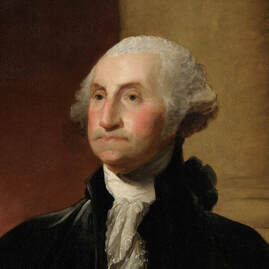 George Washington (1732-1799) George Washington (1732-1799) I read recently that there are plenty of reasons for choosing a particular name for an infant, from honoring a relative to merely liking a sound. In early American history, Puritans often named children after virtues such as Faith, Patience or Hope. They also utilized family surnames as first names. This eventually expanded to include people who did not have a personal relationship with the parents. I’ve always been interested in the naming of children after famous people from history. Typically, this occurs in the form of first and middle name preceding a family surname. A while back, I wondered about the most common "historical personage name" found in Mount Olivet? If you guessed George Washington, you are correct. We have 35 definitive cases. However, our records show a great number of George “W’s,” thus lending cause to the fact that we possibly may have the opportunity for up to 103 such instances. By George, I cannot tell a lie—I really didn’t feel like putting in countless hours researching this angle for an exact final number. “After the Revolution this became a way to honor famous men,” wrote Cleveland K. Evans in the Oxford Handbook of Names and Naming. The author goes on to say, “Presidents like Jefferson and Madison; statesmen like Franklin” and others “provided popular male names.” As far as Mount Olivet is concerned, the earliest born individual named for our first president is George Washington Ent, a veteran the War of 1812. He was appointed as a captain of a company in the 16th Regiment of the Maryland Militia on August 1st, 1814. He also served as captain of the Frederick Town Blues Company of Infantry in the 3rd Regiment of the Maryland Militia from August 24th to September 30th, 1814. Capt. Ent was born on November 29th, 1777 in Germantown, Pennsylvania, located merely six miles from Philadelphia’s Independence Hall. His life’s journey brought him to Frederick and late in life to western Ohio. He died in early 1856 in Cincinnati. Capt. Ent's body was brought back to Frederick and placed in the Ent vault within the new Lutheran Graveyard--once located near the intersection of East Street and E. Church St. extended, today the site of Everedy Square. His remains would be moved to Mount Olivet in 1906 and buried in Area B/Lot 1. In 2014, Ent's burial site finally received a marker as part of a War of 1812 "Home of the Brave" grant project. George Washington Beall was born in mid-April 1801, exactly 16 months after his namesake had died. Beall was part of the prominent family of northwestern Montgomery County. He lived until 1887 and is buried in Area H/370. A familiar name associated with newspapers in Frederick is Delaplaine. Although the spelling on his gravestone differs a bit (likely an error), George Washington Delaplaine was born in 1808 and worked as a miller, as did his brother, Theodore Crist Delaplaine. George's nephew, William T. Delaplaine (1860-1895) was the man who started publishing the Frederick Daily News in 1883. His obit appeared in this publication in April of 1892. He is buried in Mount Olivet’s Area D/Lot 50. This lifelong educator in the public schools and his own church was a resident of Buckeystown. Born February 29th, 1832, George Washington Blessing was a resident of Buckeystown, located within Carrollton Manor, an early land grant that appears in name on the Declaration of Independence thanks to one of Gen. George Washington’s compatriots of 1776, fellow Declaration signer Charles Carroll of Carrollton. Charles grandfather (Charles Carroll) supposedly "purchased" the land from native peoples and had the 10,000 initial tract surveyed in 1723. Speaking of the Declaration, the famed day of Independence, July 4th, was the birthday of George Washington Pole in the year 1821. Mr. Pole was laid to rest in Mount Olivet’s Area E/Lot 83. He was a member of Maryland’s Constitutional Convention of 1867. He died in 1886. Another Carrollton Manor resident with the first and middle names mirroring the moniker of the father of our country is George Washington Padgett. Born in 1812, Padgett was viewed as an outstanding agriculturalist and performed civic duties to his community including a stint as a county commissioner. Mr. Padgett’s final resting place can be found in Area Q/Lot 185. Born in 1817, George Washington Warfield was a successful dry goods merchant who spent most of his career serving customers along the National Pike. His first shop was in New Market, and he later conducted business in Middletown. He eventually went to Keedysville in Washington County. One more “G. W.” to highlight for you is George Washington Thompson who can be found in Area B/Lot 33. Thompson was a Union soldier in the American Civil War. He served as member of Company C in the 1st Maryland Regiment’s Potomac Home Brigade Infantry. This guy is somewhat of a mystery as Findagrave.com claims he died on February 1st, 1863. Meanwhile over on Ancestry.com, I found a military issue headstone order for George Washington Thompson at Mount Olivet stating that the decedent died October 25th, 1864. Our cemetery database gives me a death date for this veteran as 1862. Oh, the joy of genealogical research! In searching old newspapers, I found a marriage announcement for G. W. Thompson from November, 1862. I also learned of the death of a Pvt Thompson of the Potomac Home Brigade earlier that year in February, which would contradict the fact that these were the same person. I'm perplexed and will simply leave this conundrum with a quote from George Washington, himself, "It is better to offer no excuse than a bad one." 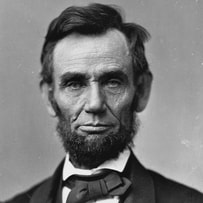 In the United States, presidents have long been seen as exemplars of national values, which made their names particularly meaningful, as they were both familiar and carried positive associations. Frank Nuessel, author of The Study of Names: A Guide to the Principles and Topics, says that sometimes a famous person will have “caught the consciousness of the public, and a lot of people name their children after a famous person hoping that by giving them this name they’ll have some of the characteristics of the person.” In a sense, says Nuessel, it’s sort of like “name magic, by using the name of a famous person, that will rub off on their child.” The idea that a name could provide a link between a newborn and a great man continued at least until the mid-20th century. I was a little surprised to find only 10 individuals tied to the name of our beloved 16th president, he of copper penny fame—Abraham Lincoln. We have only two instances of people that used Abraham as a first name with Lincoln as a middle name The remaining eight had Lincoln as a middle name. Other standout presidents, in name only I must add as they come with some baggage, include Andrew Jackson, our 7th president, and Woodrow Wilson (# 28). If there is one piece of useless presidential history I’ve carried with me since childhood, it’s the birthdate of our 13th president, Millard Fillmore. He was born January 7th, 1800. Of course, we share a common birthday as I basically “Know Nothing” more about this president who actually preceded Franklin Pierce. In quickly perusing Fillmore’s biography in Encyclopedia Britannica, Fillmore's presidency is defined by an insistence on federal enforcement of the Fugitive Slave Act of 1850 which ultimately resulted in alienating the North while leading to the destruction of the Whig Party. We have nine people interred in Mount Olivet who were named for this fellow whose life story reads like a classic American "rags to riches" tale. Millard Fillmore was born into a poor family and raised in a log cabin in Cayuga County in upstate New York. The oldest son of nine children, Milliard had little, formal education and would never attend college. However, he overcame his background and rose to the highest office in the land. Millard's first job had him serving as an apprentice for a cloth maker, but he didn't like the work. He taught himself how to read and write and also worked on improving his vocabulary. Eventually, Fillmore was able to get a job clerking for a judge. He took this opportunity to learn the law and, by the age of 23, he had passed the bar exam and opened his own law firm. Millard Fillmore passed on March 8th, 1874 and was laid to rest in Buffalo, New York’s beautiful Forrest Lawn Cemetery. 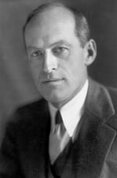 Millard E Tydings Millard E Tydings I guess if you were giving your kid the name Millard, it likely would have felt sacrilegious not to make his middle name "Fillmore." The only other Millard I can actually think of (off the top of my head) is Millard Tydings, former US congressman and Maryland state legislator from Havre de Grace. The name may be familiar to you as a traveler as it is his name adorning the Interstate 95 bridge over the Susquehanna River at his hometown. I was certain this career politician, who lived from 1890-1961, possessed the middle name of Fillmore, but was miserably mistaken. A quick search of his Wikipedia listing clearly shows his middle name of Evelyn. Go figure—Evelyn. I saved face, however, by finding that Mr. Tydings father was actually named Millard Fillmore Tydings. As for some Millard Fillmores in Mount Olivet, here are a few pictures of a few of their gravestones. Interesting each of the three below have sons (Jr.s) of the same name buried here. 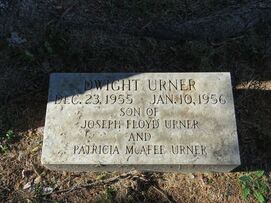 So, I've thus far presented you with representation (and "legacy in name") of six of our former US presidents when it comes to Frederick's Mount Olivet Cemetery. As said earlier, the tradition of naming individuals after presidents cooled in the 1940s with Franklin Delano Roosevelt. We have only one "Truman" in Mount Olivet as a surname. Ironically, this is George Washington Truman (1830-1831). We have four others with Truman as either a first or middle name, but none occurred during, or after, the 33rd president’s stint in office. Had the naming fad stayed popular, I bet World War II "general-turned-president" Dwight D. Eisenhower would have been a highly popular choice. It still may have been, though it's too early to tell—if you know what I mean. At present, we have a few infants born in the post WWII era. One is "Dwight D." here in our Babyland section (1948), and another is Dwight Urner who was the son of WW1 and WW2 veteran Joseph Urner. Mr. Urner came from a prominent family here in town, and was also a noted sculptor. We have three of his works here in Mount Olivet in the form of busts for Roger Brooke Taney, Gov. Thomas Johnson and Professor Amon Burgee. I’m sure "time will tell" (for future interments) as Ike’s presidency was from 1953-1961. No rush at all to any of our cemetery lot-holders possessing this great name. While I’m on President Eisenhower, he will forever be synonymous with Frederick County, Maryland “name lore” as he is responsible for renaming the presidential retreat on Catoctin Mountain near Thurmont originally known as “Shangri-La.” He thought the name was a little too fancy for an old farm boy and career soldier from Nebraska, so he named it after one of his grandsons—David. A rare name, Eisenhower, does appear in the form of an un-anglicized German original spelling within Mount Olivet as Eisenhauer. Older residents certainly remember Eisenhauers store in downtown Frederick operated by some members of this family, although founder John Eisenhauer is buried in St. Johns Catholic Cemetery. Here in Mount Olivet, we have later generations in Joseph Francis Eisenhauer, Jr., a longtime employee of the Ox Fibre Company, and son Joseph "Joe" Francis Eisenhauer, III (1901-1976), a columnist and veteran writer for the Frederick News-Post in the fifties and sixties and seventies. We are bound to one day see John Fitzgerald Kennedy’s name in some form, but I doubt there will be a Lyndon Johnson, Richard Nixon or Jimmy Carter—although the latter is regarded as one of the weakest presidents, no one can argue that he is one of the finest fellow humans our country has ever had based on his continuous humanitarian and charity work. We also may see a spike in "Ronald Reagans," but I think the fad ends there in the modern era with the possible exceptions of some "Baracks." In closing, I’d like to salute all our presidents up through FDR, with a namesake found in Mount Olivet. Happy Presidents’ Day and I hope you include in your thoughts our 13th and 14th presidents along with the usual cool kids such as Washington, Jefferson, Lincoln, etc. I will leave you with this sampling I'd like to call the "Mount Olivet Hall of Presidents."
1 Comment
NANCY M DRONEBURG
2/20/2022 03:16:28 pm
What a great history lesson. I kook forward to your "stories" and can't wait for the next one.
Reply
Leave a Reply. |
STORIES
|
Archives
July 2024
June 2024
May 2024
April 2024
March 2024
February 2024
January 2024
December 2023
November 2023
September 2023
August 2023
July 2023
June 2023
May 2023
April 2023
March 2023
February 2023
January 2023
December 2022
November 2022
October 2022
September 2022
August 2022
July 2022
June 2022
May 2022
April 2022
March 2022
February 2022
January 2022
December 2021
November 2021
October 2021
September 2021
August 2021
July 2021
June 2021
May 2021
April 2021
March 2021
February 2021
January 2021
December 2020
November 2020
October 2020
September 2020
August 2020
July 2020
June 2020
May 2020
April 2020
March 2020
February 2020
January 2020
December 2019
November 2019
October 2019
September 2019
August 2019
July 2019
June 2019
May 2019
April 2019
March 2019
February 2019
January 2019
December 2018
November 2018
October 2018
September 2018
August 2018
July 2018
June 2018
May 2018
April 2018
March 2018
February 2018
January 2018
December 2017
November 2017
October 2017
September 2017
August 2017
July 2017
June 2017
May 2017
April 2017
March 2017
February 2017
January 2017
December 2016
November 2016

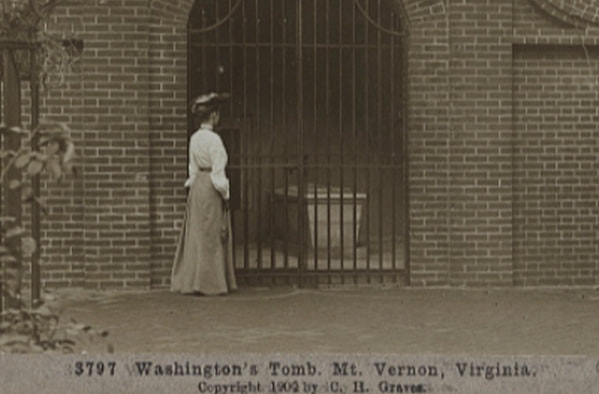
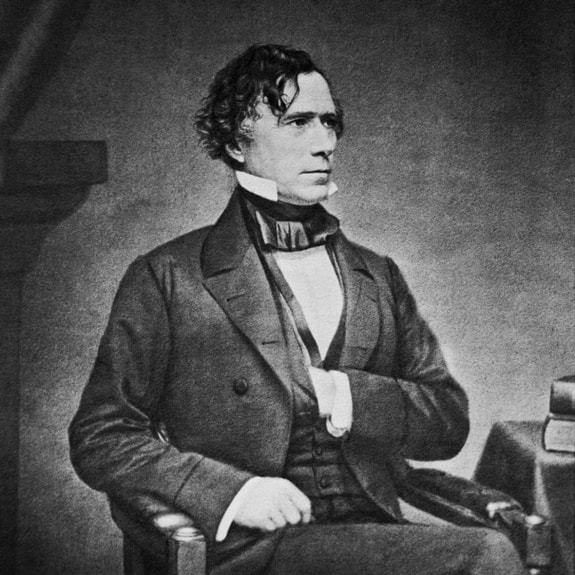
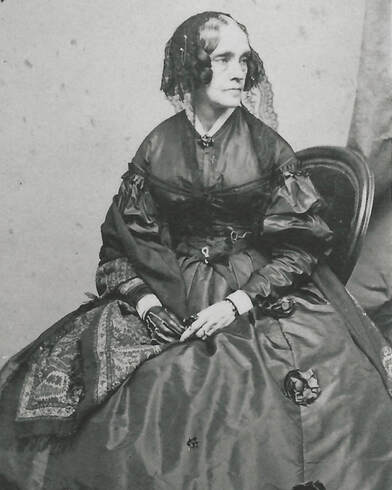
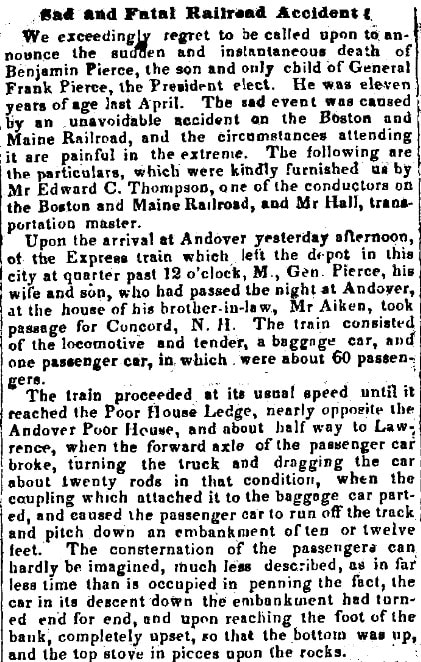
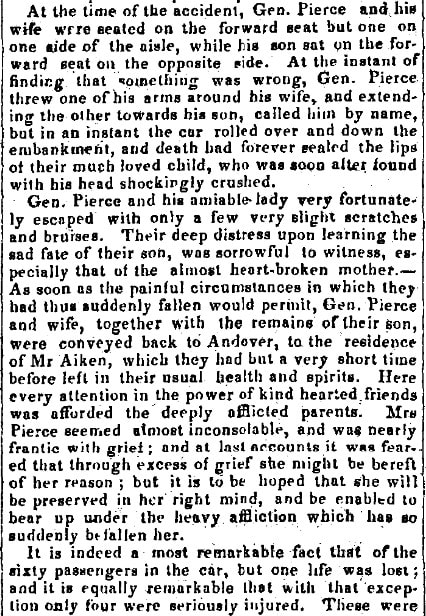
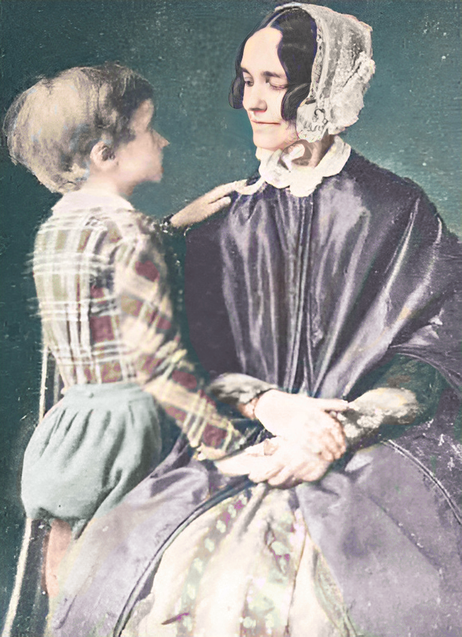
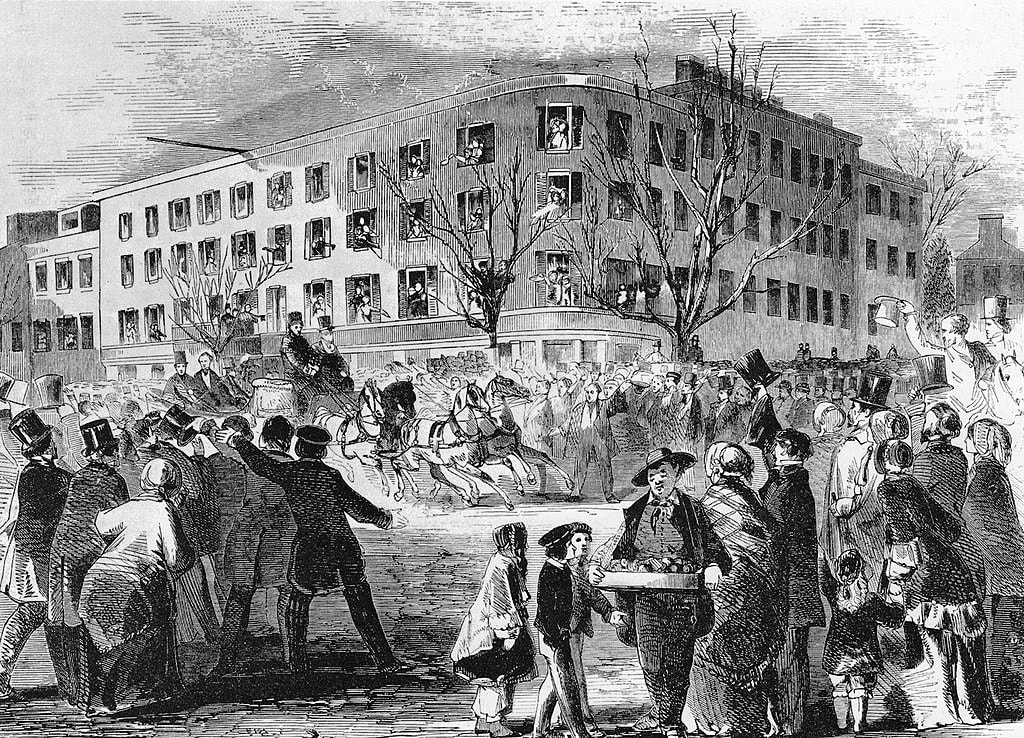
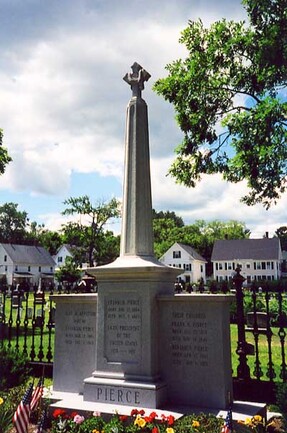
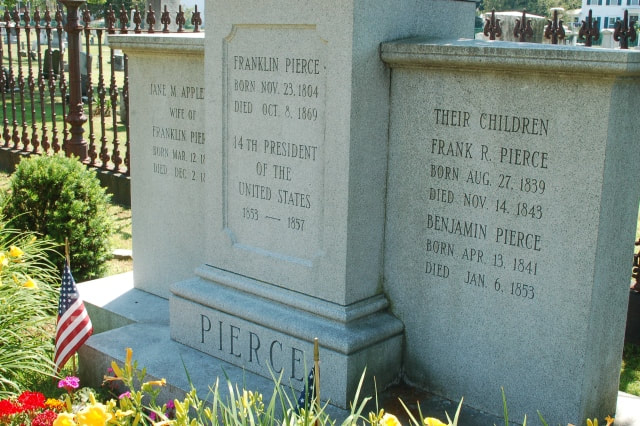
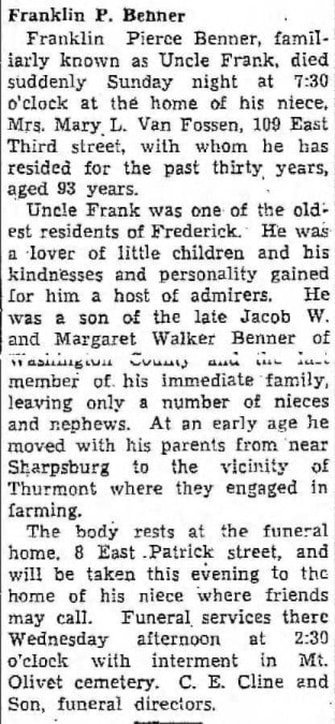
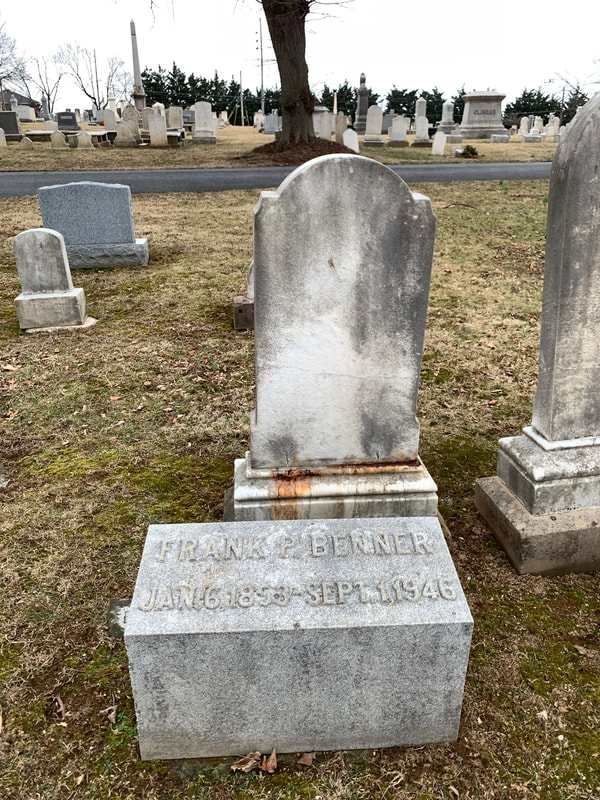
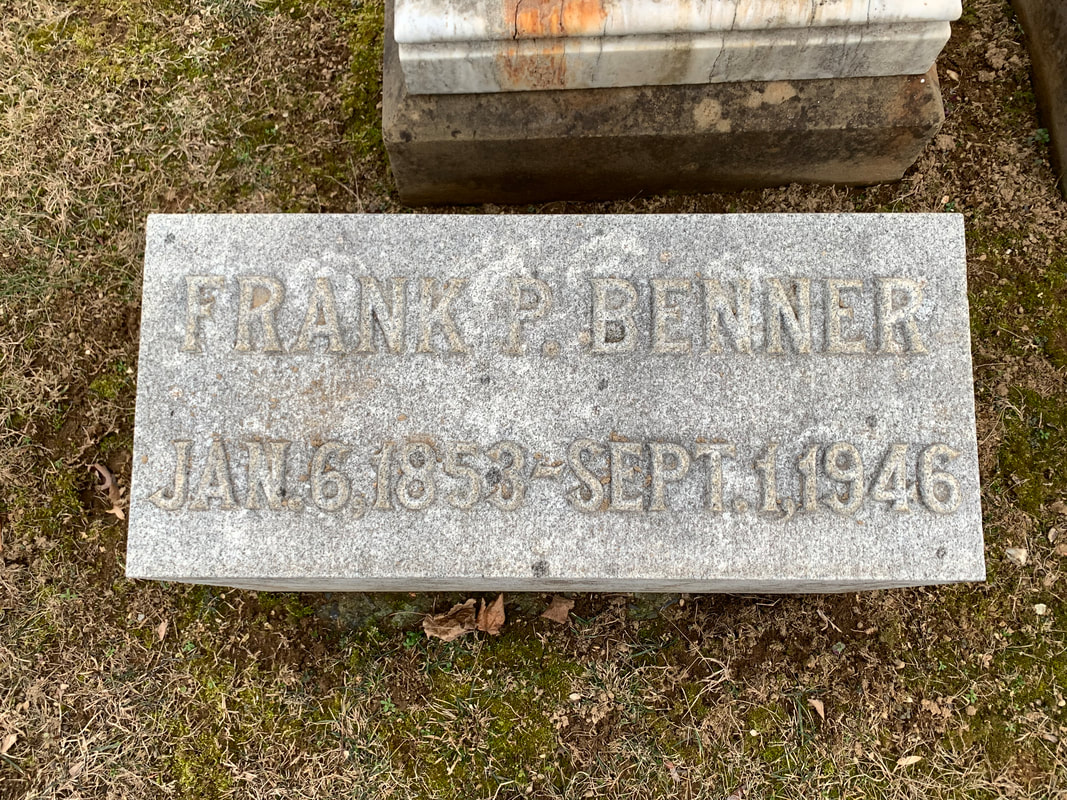
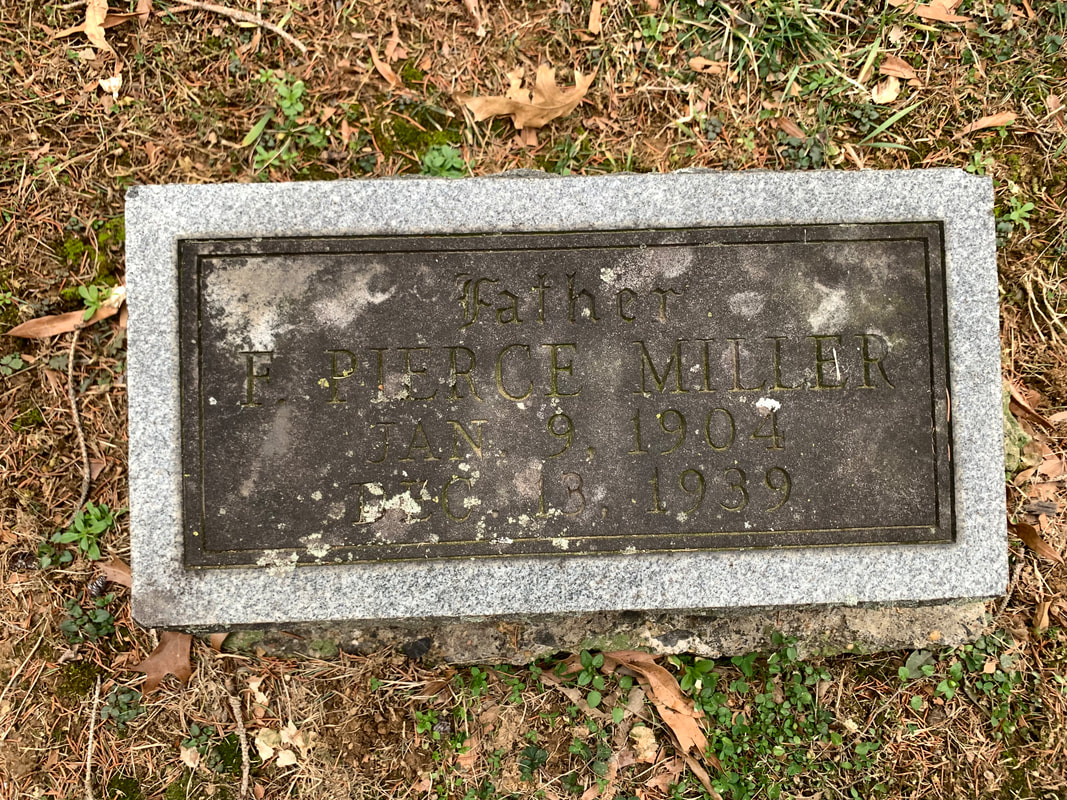
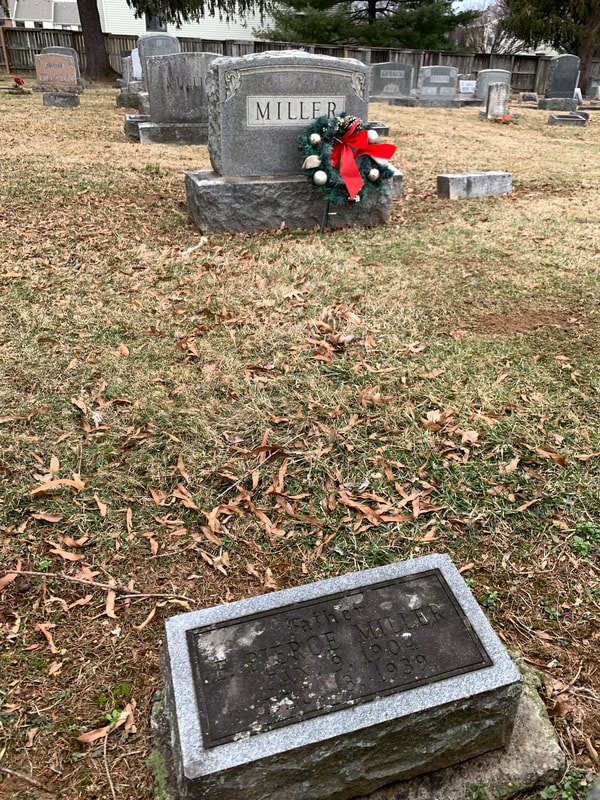
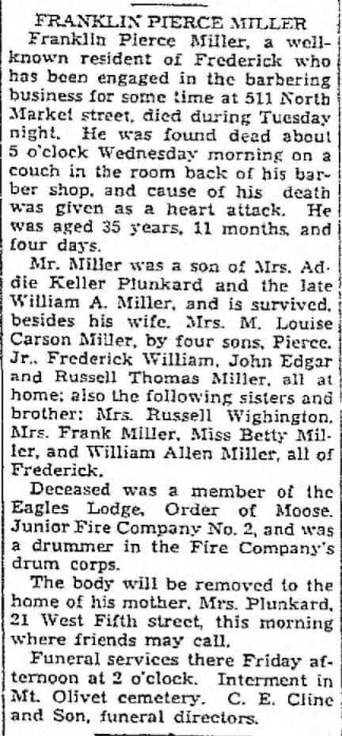
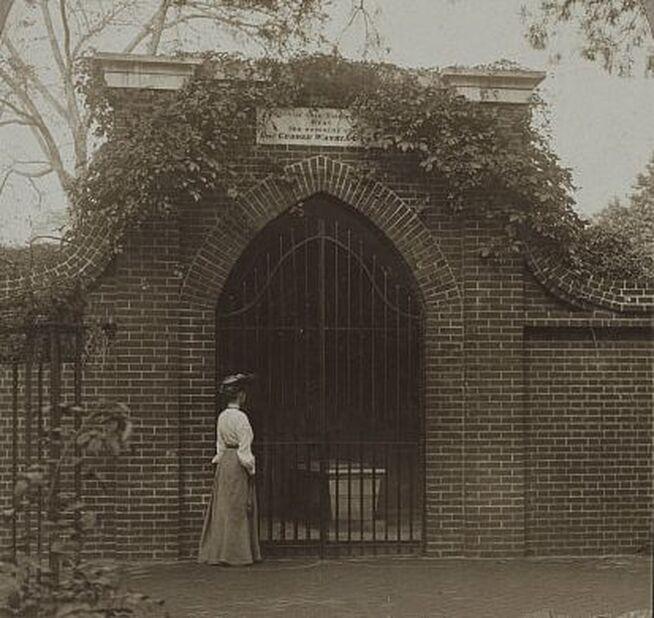
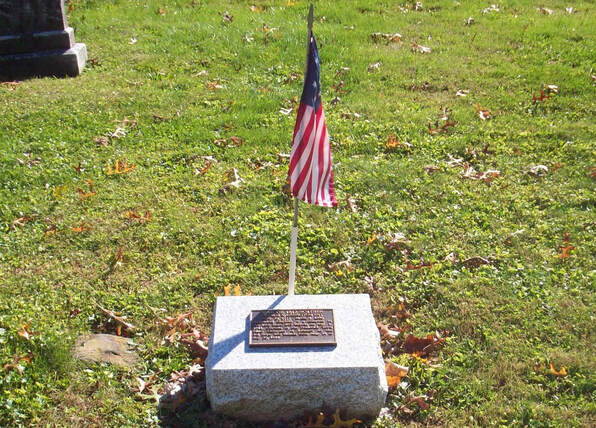
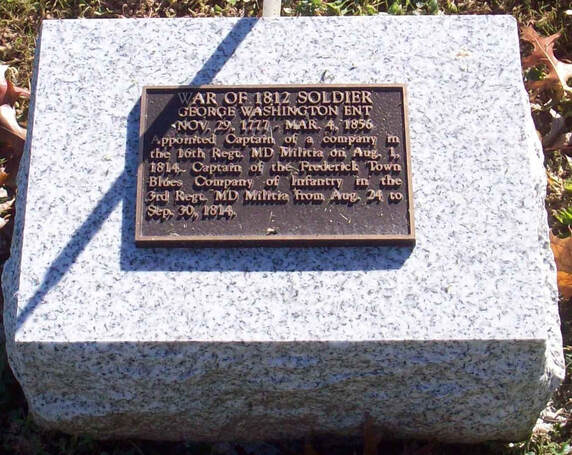
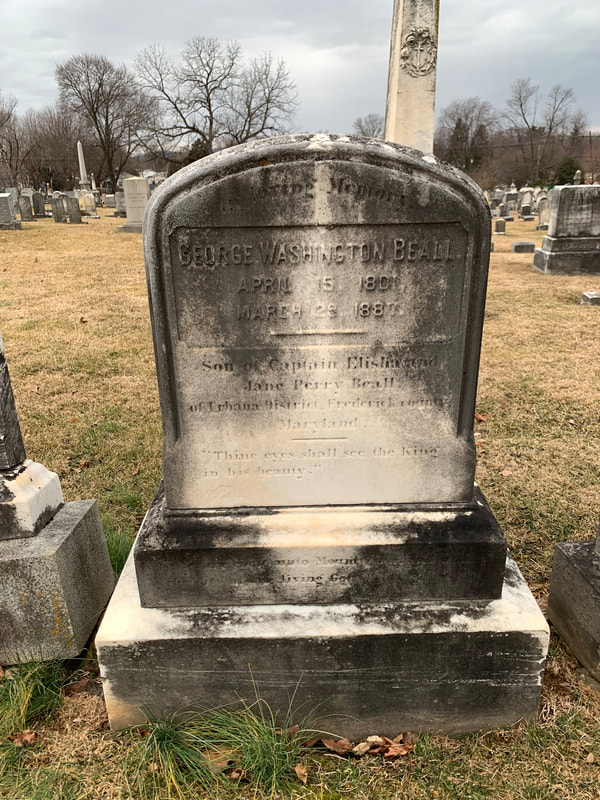
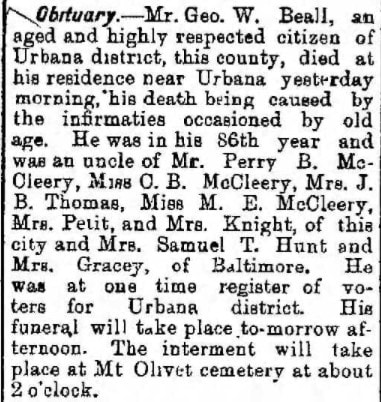
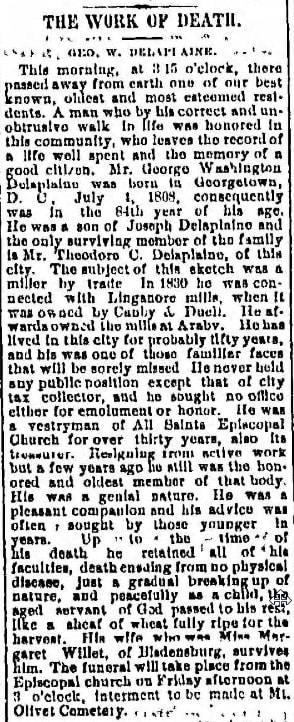
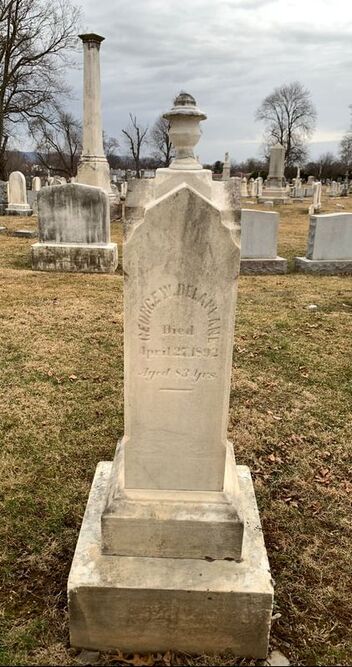
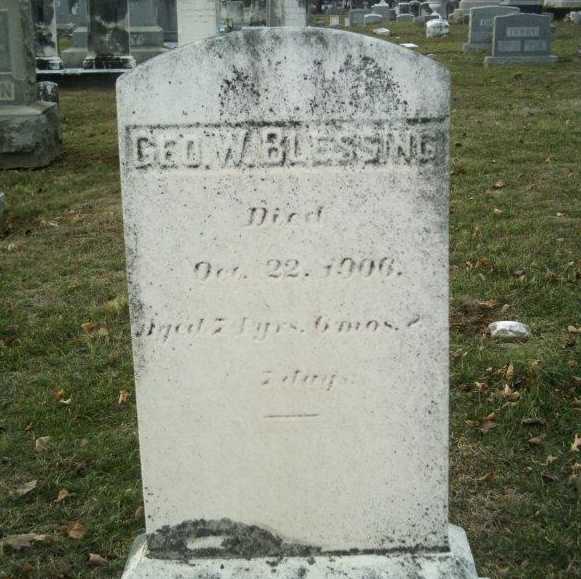
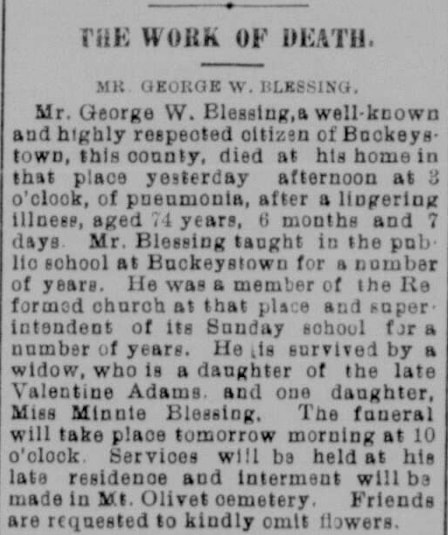
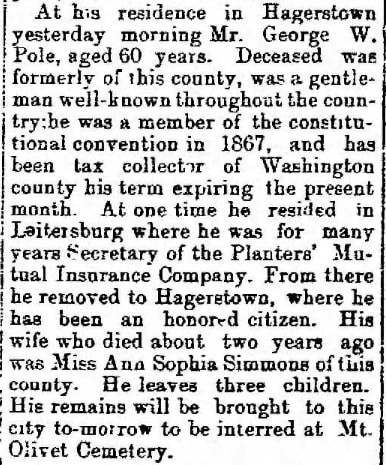
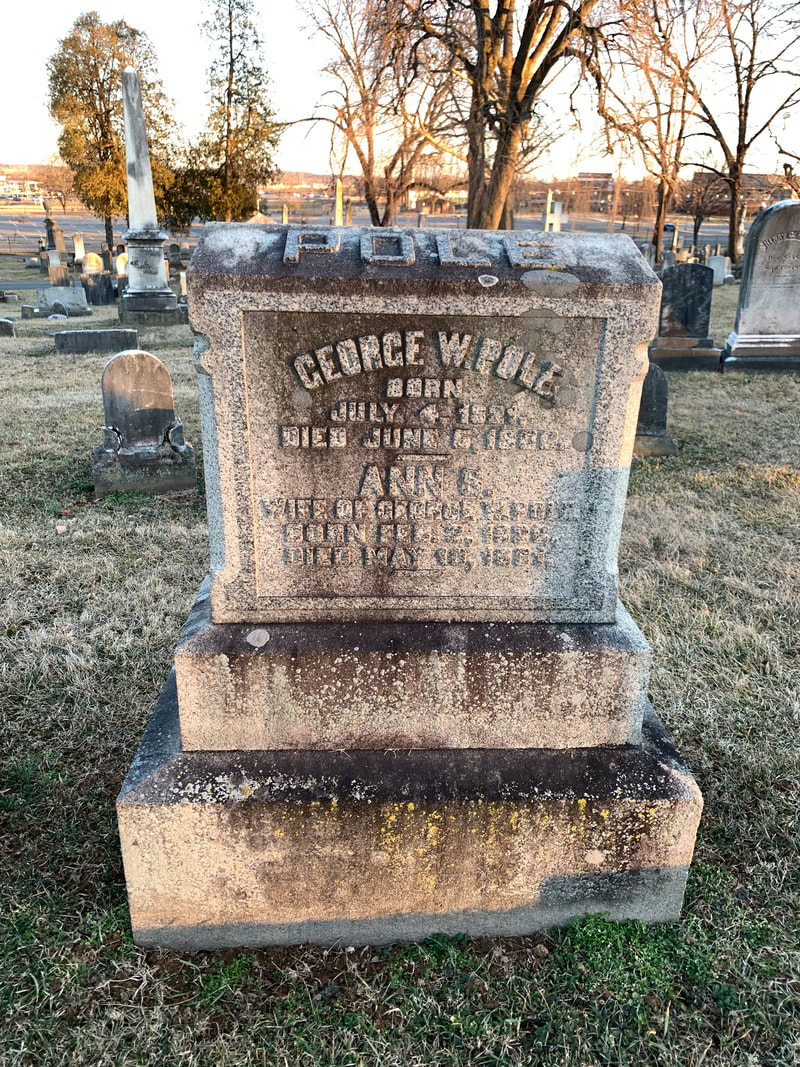
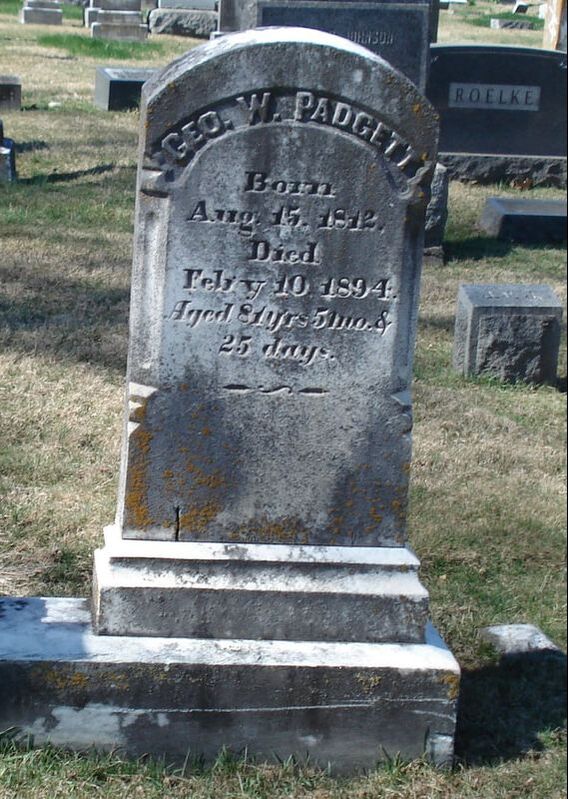
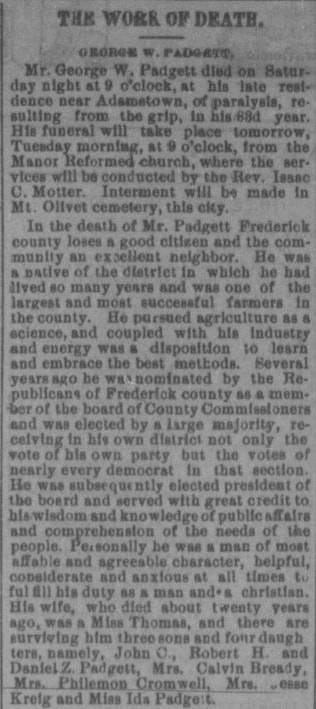
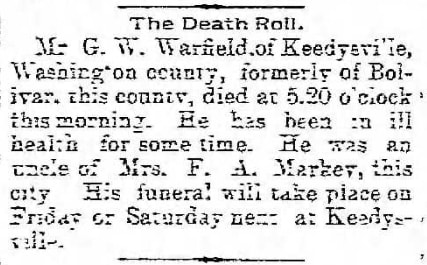
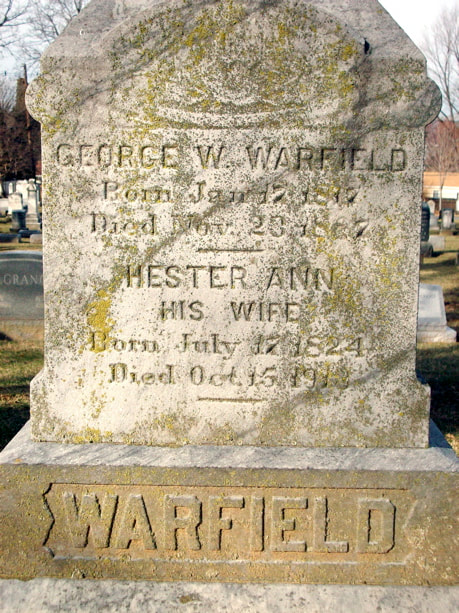
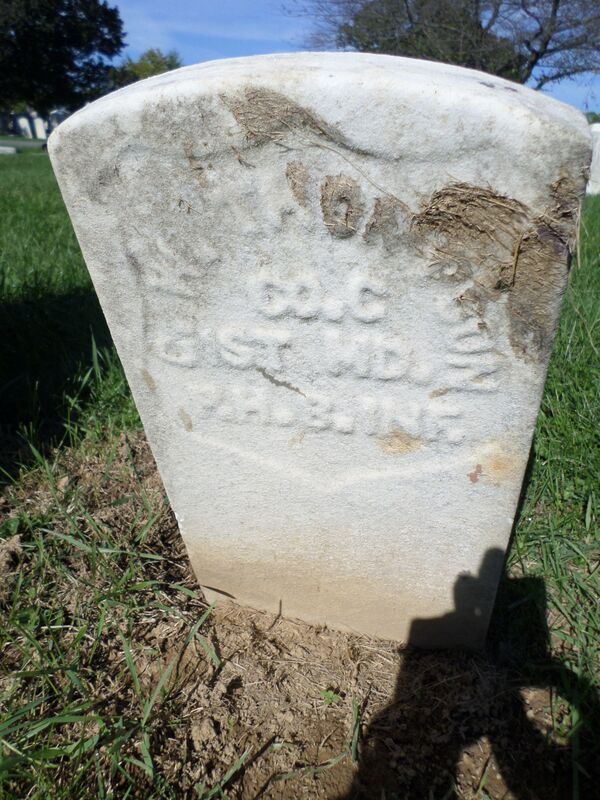

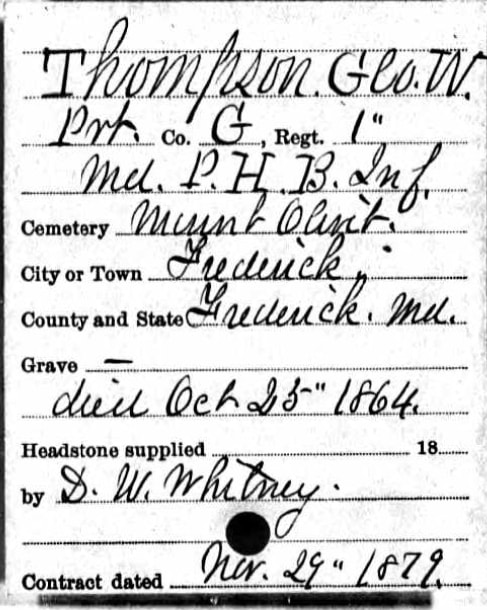
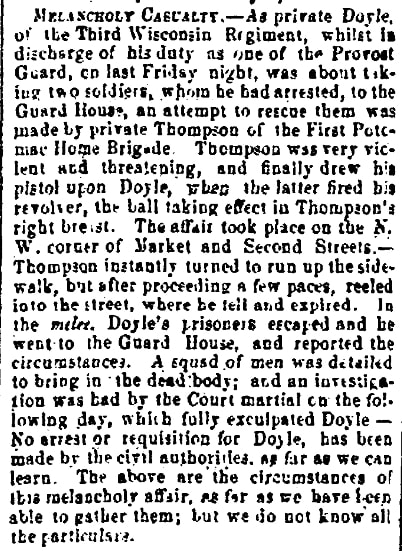
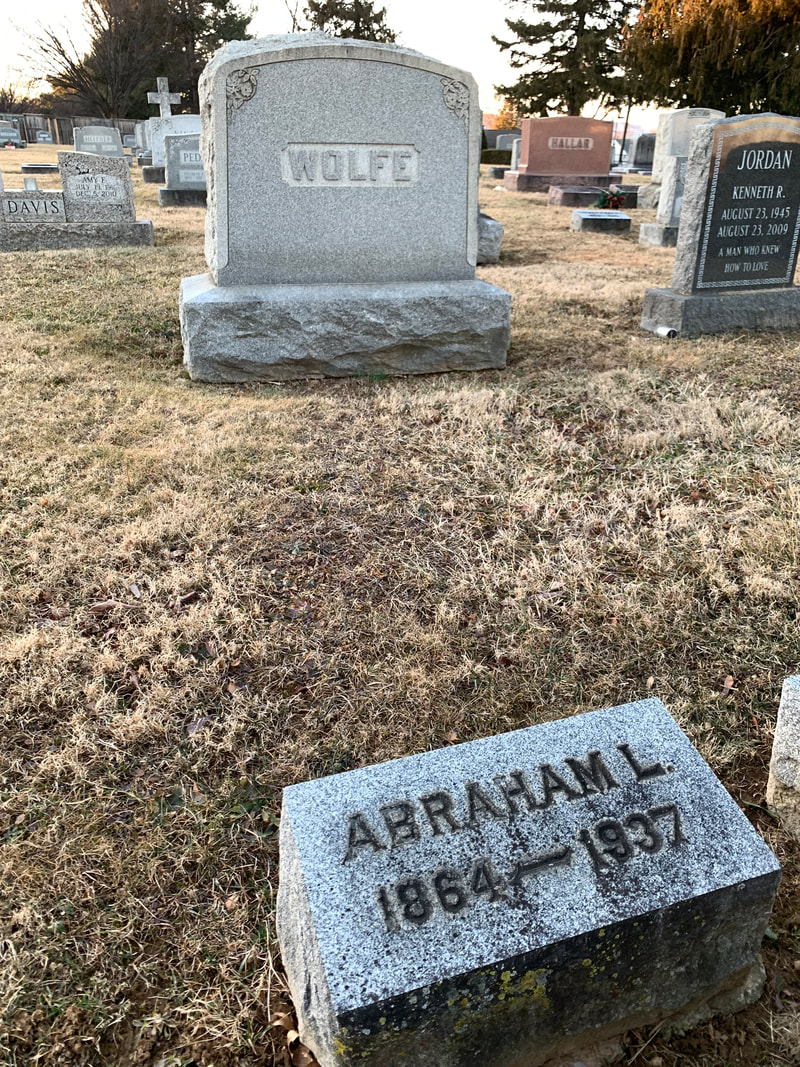
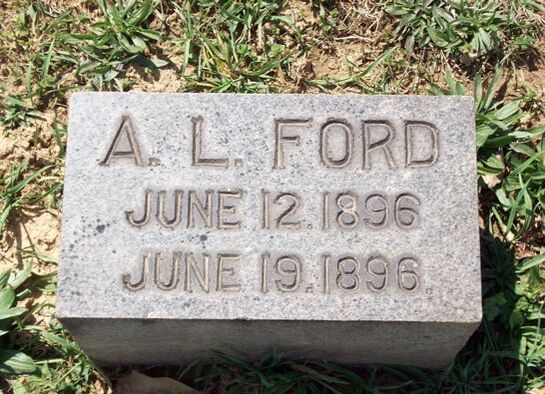
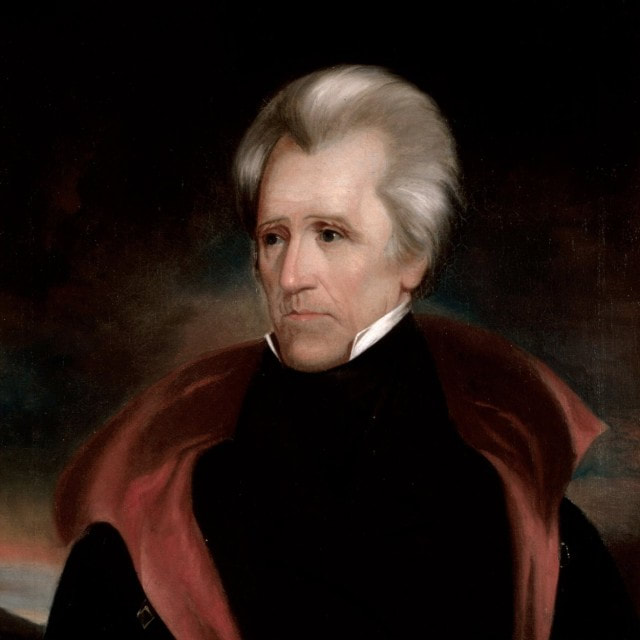
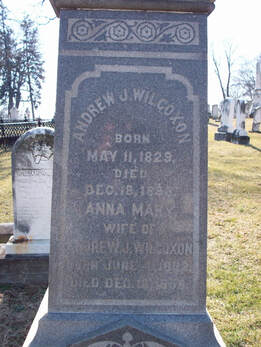
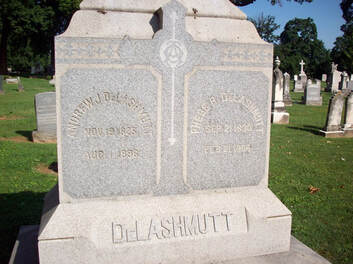
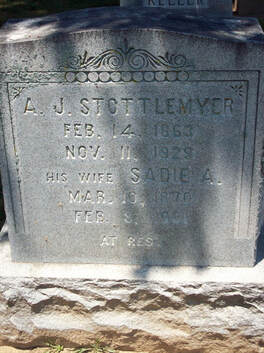
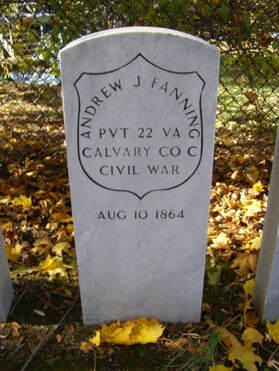
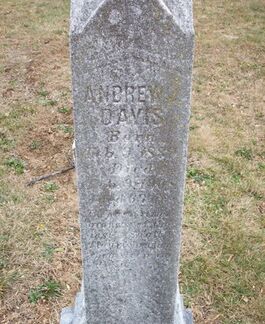
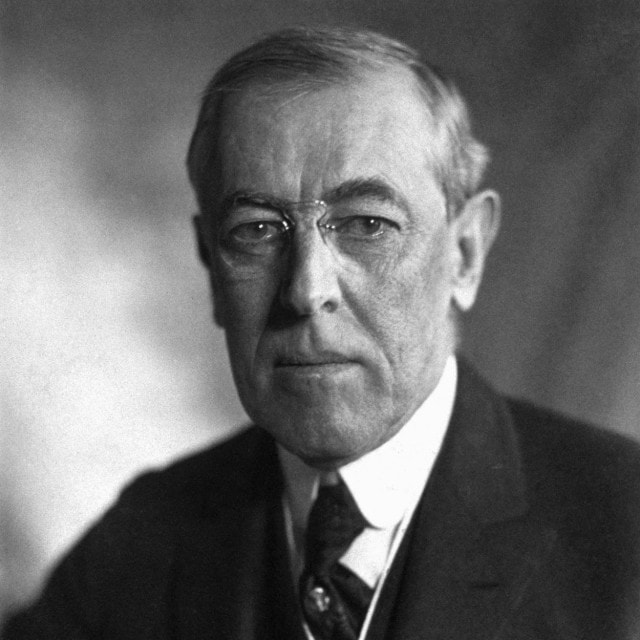
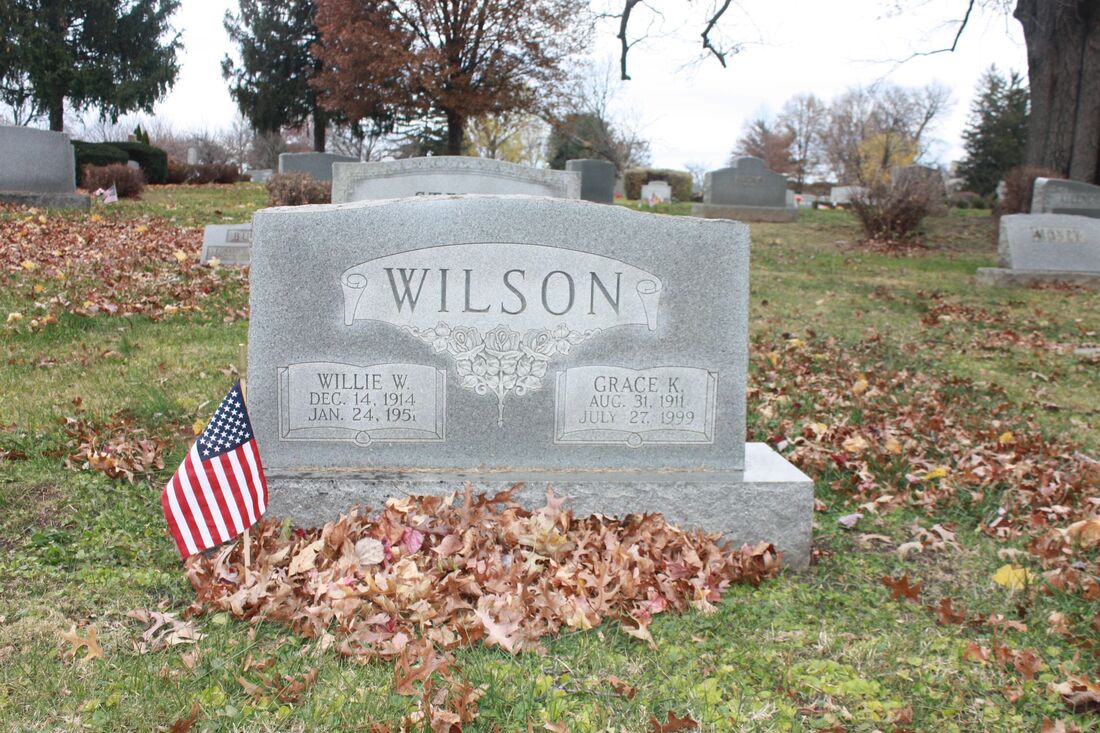
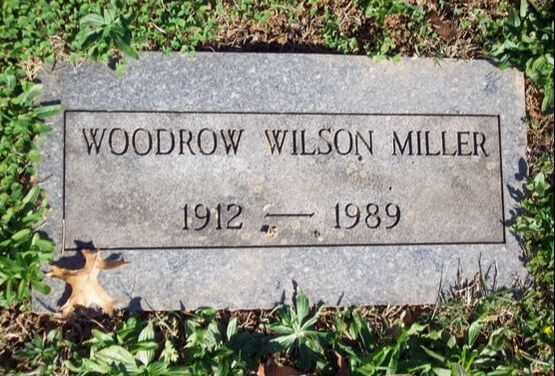
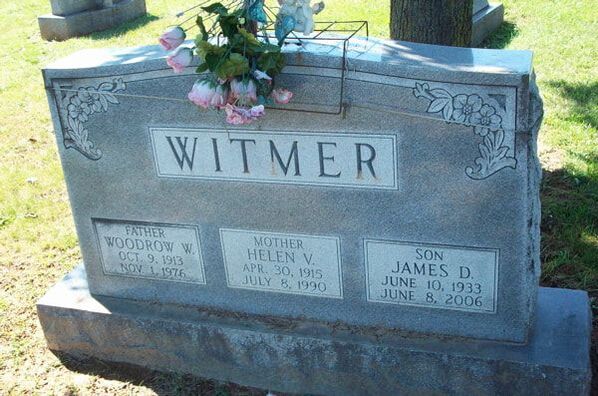
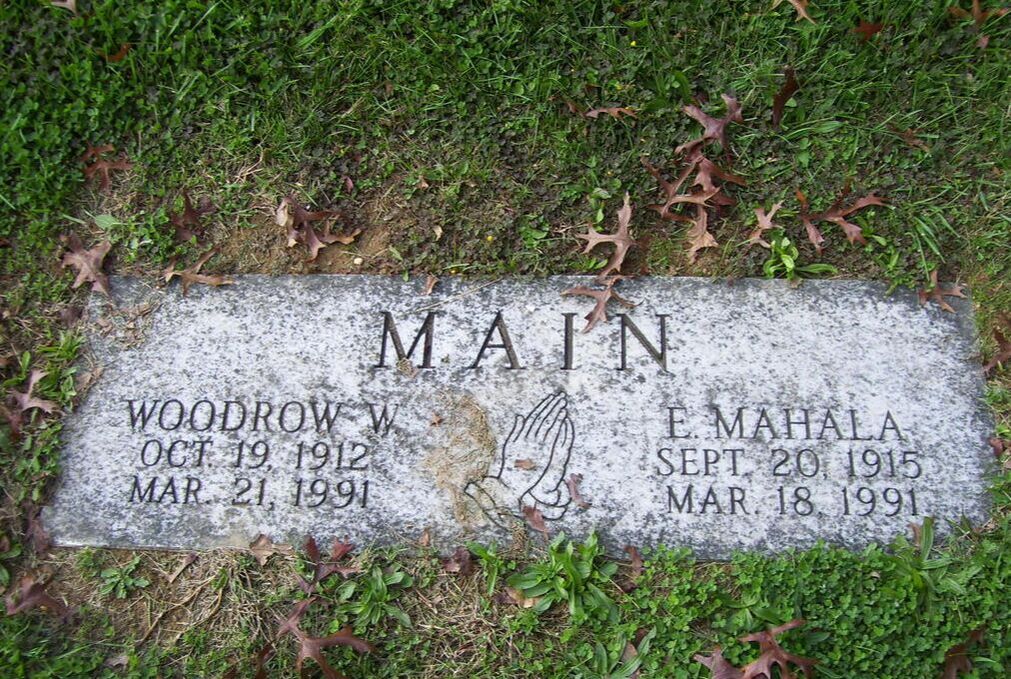
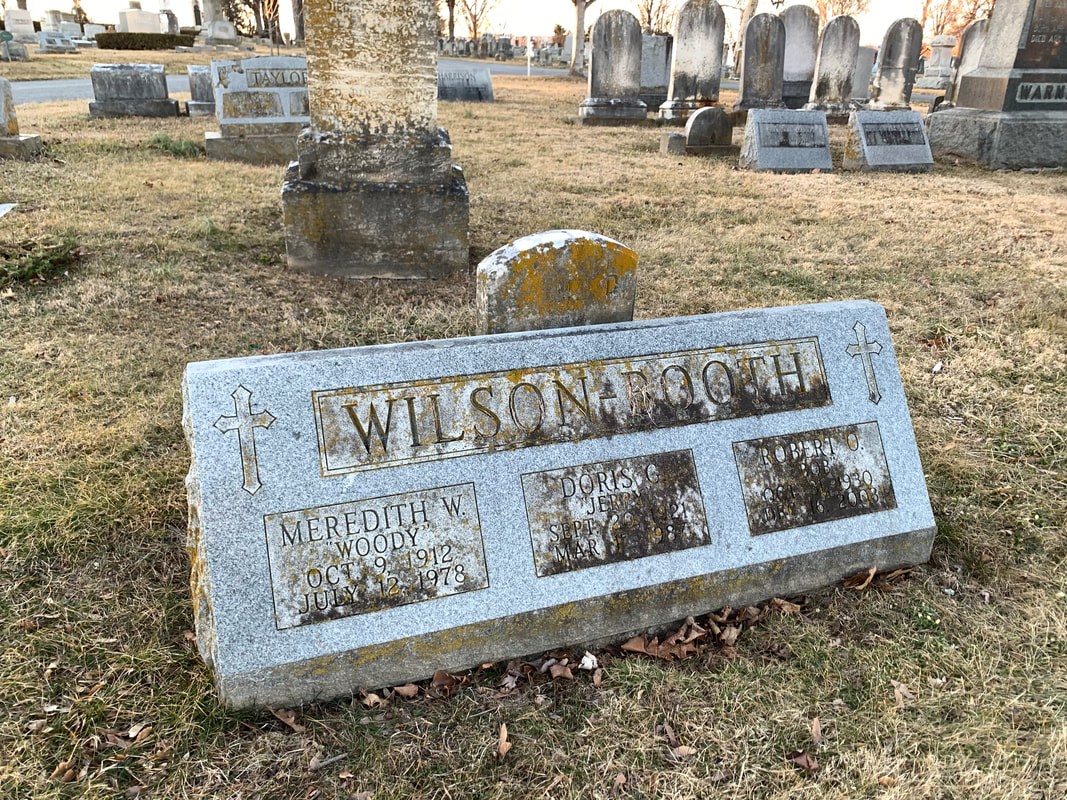
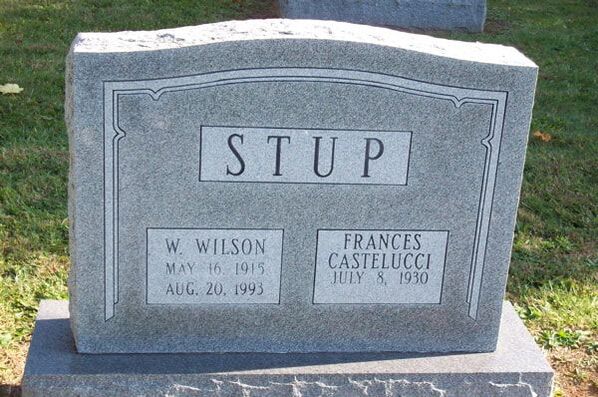
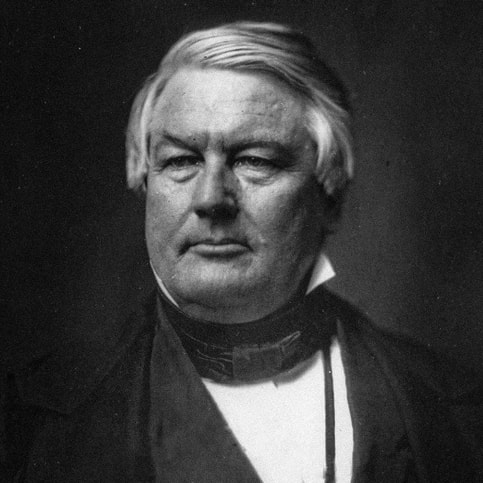
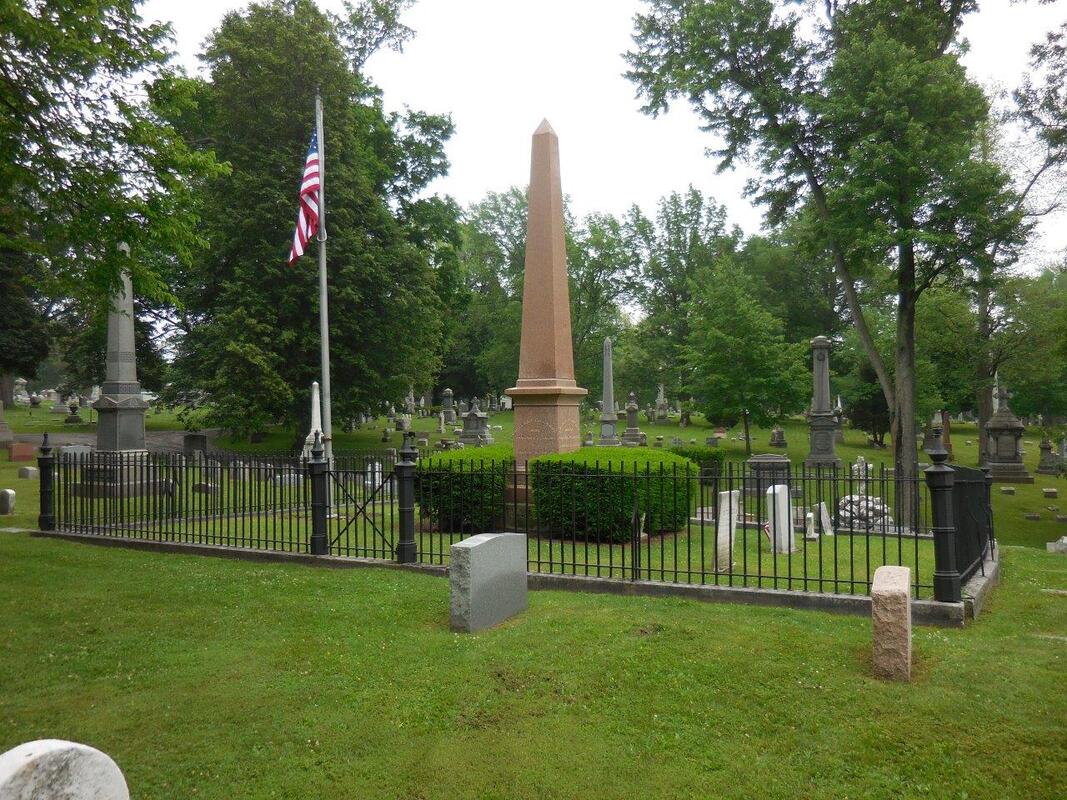
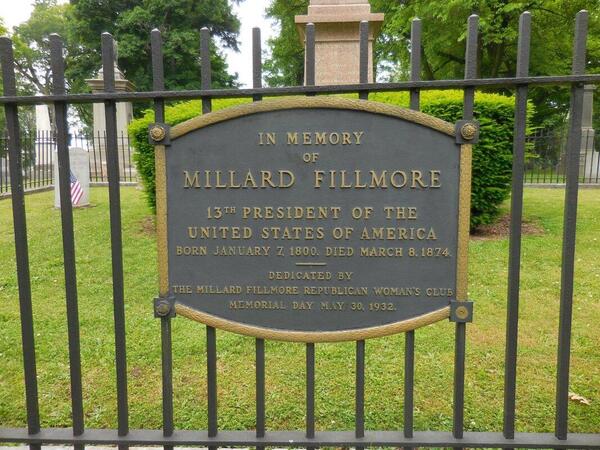
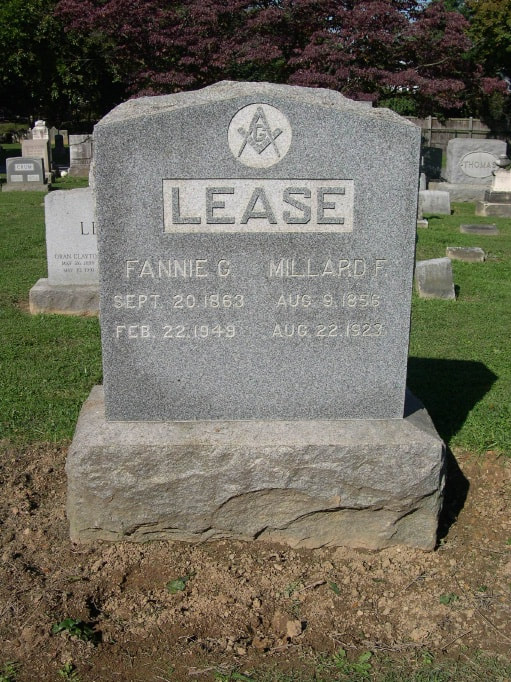
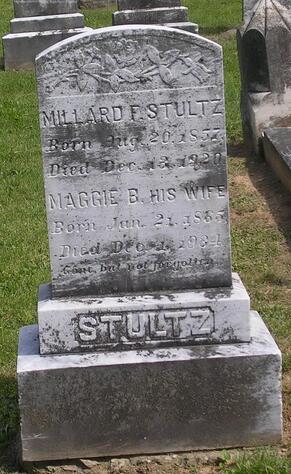
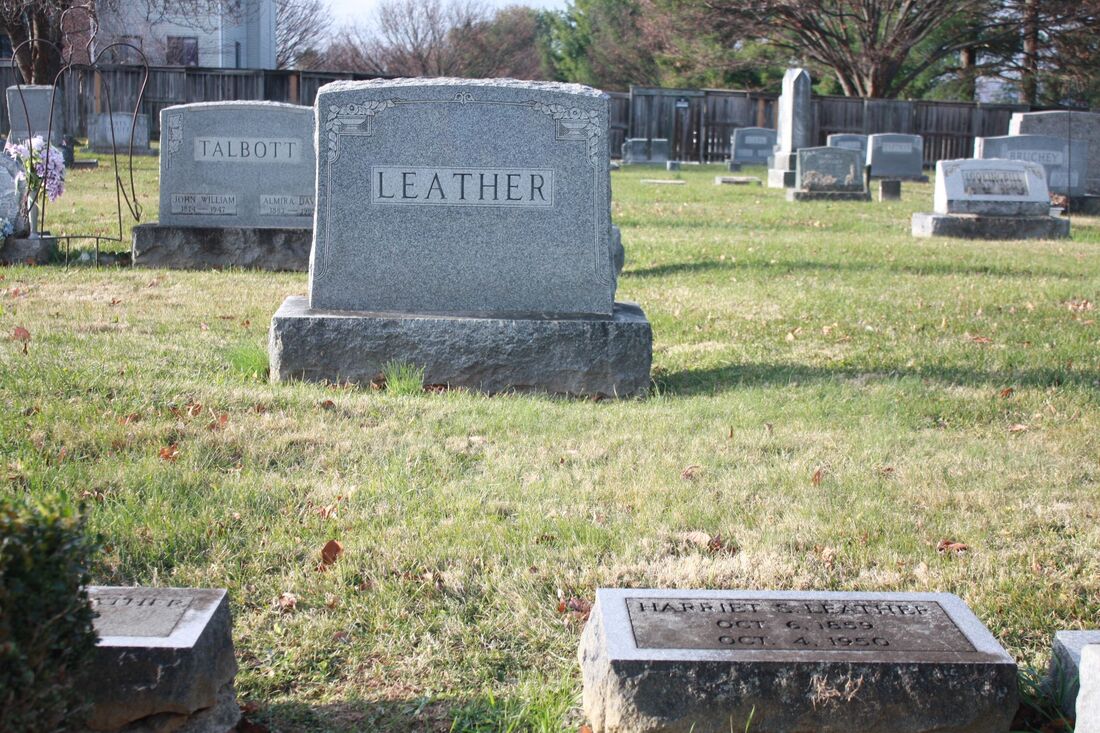
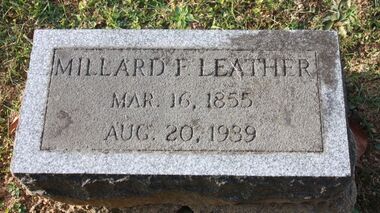
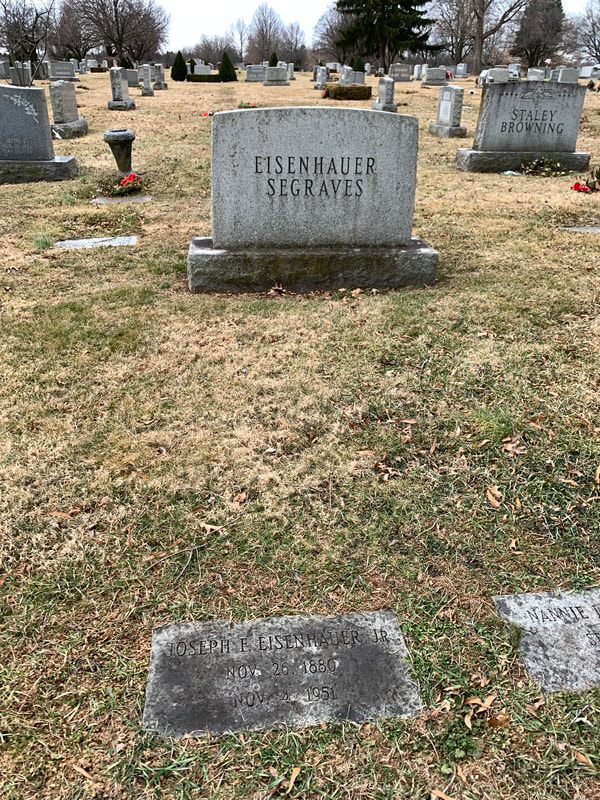
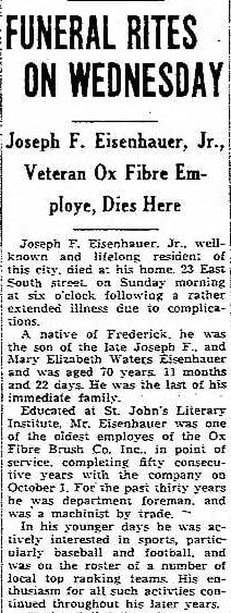
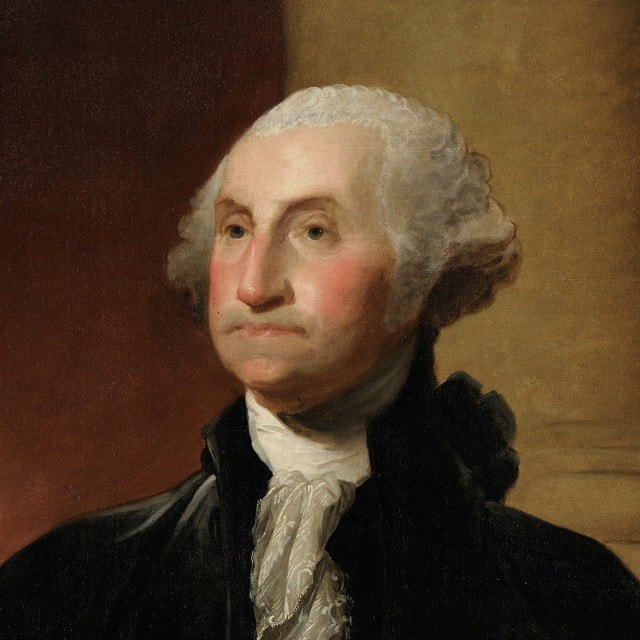
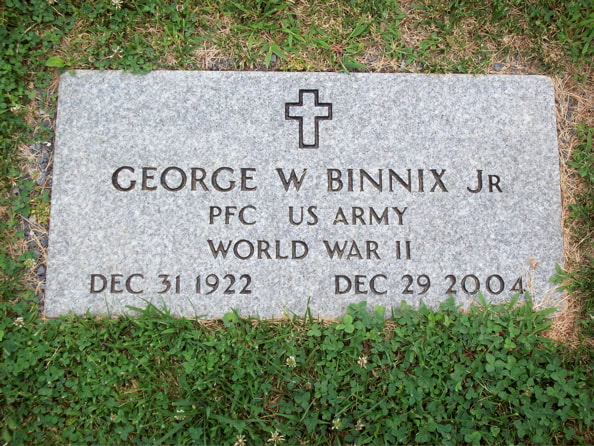
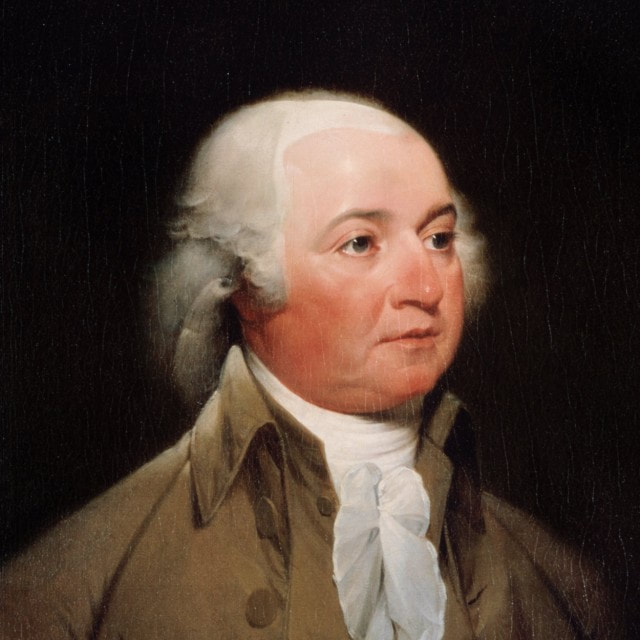
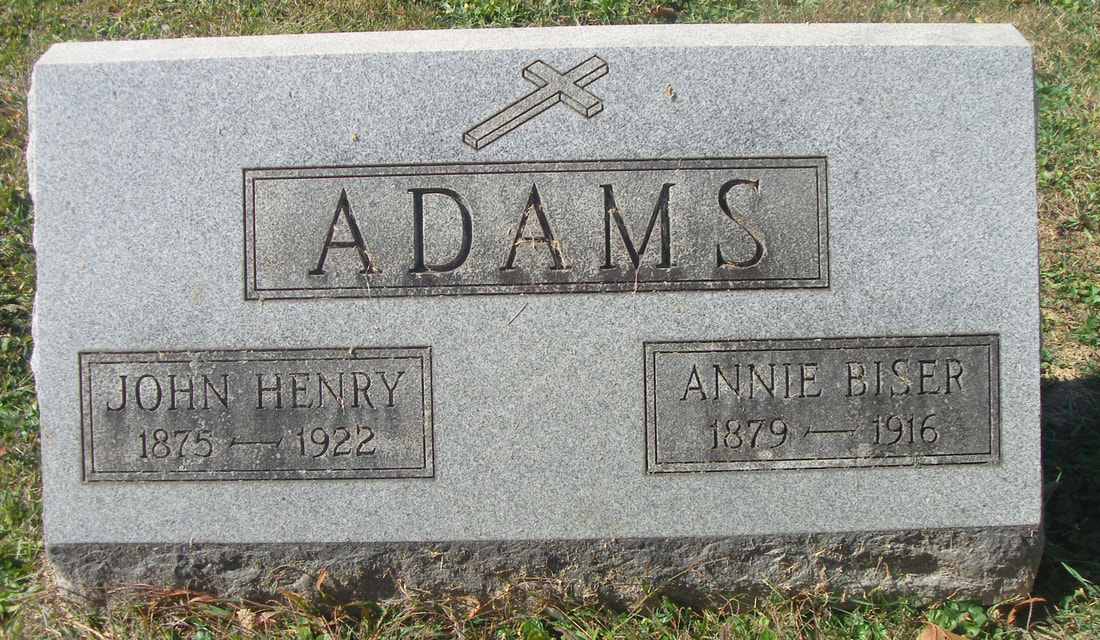
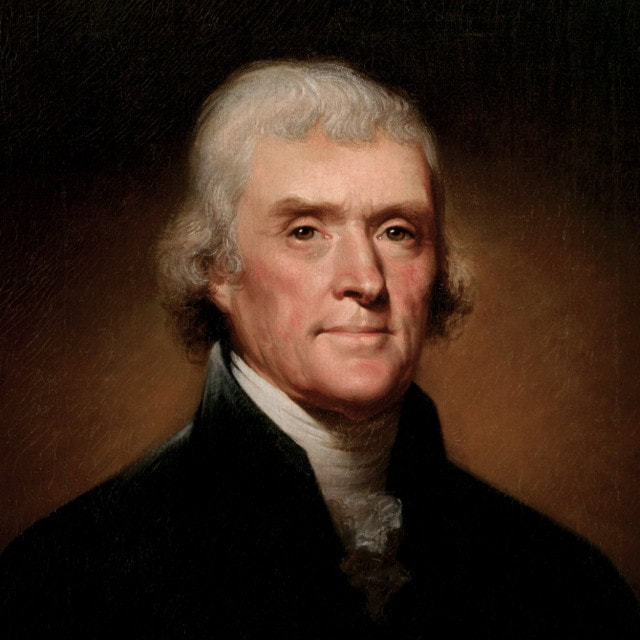
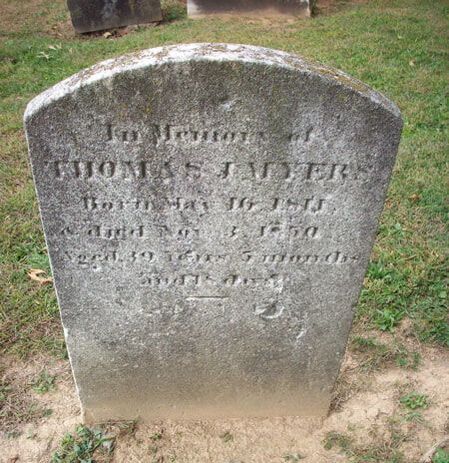
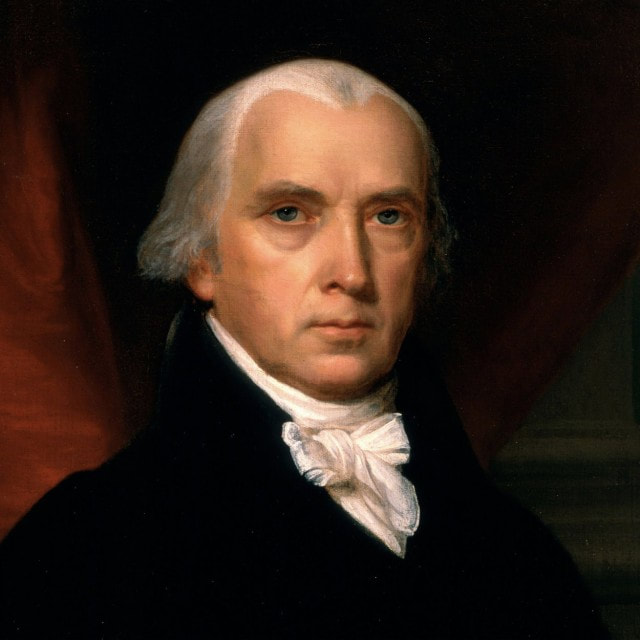
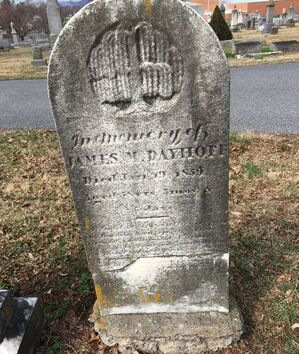
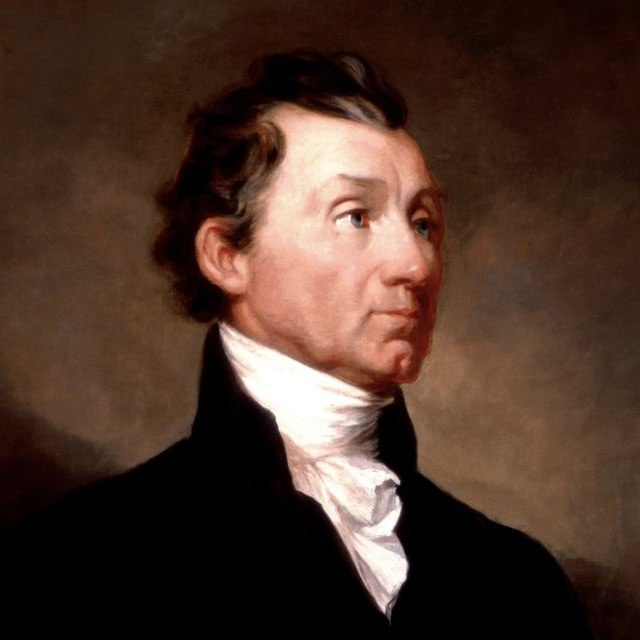
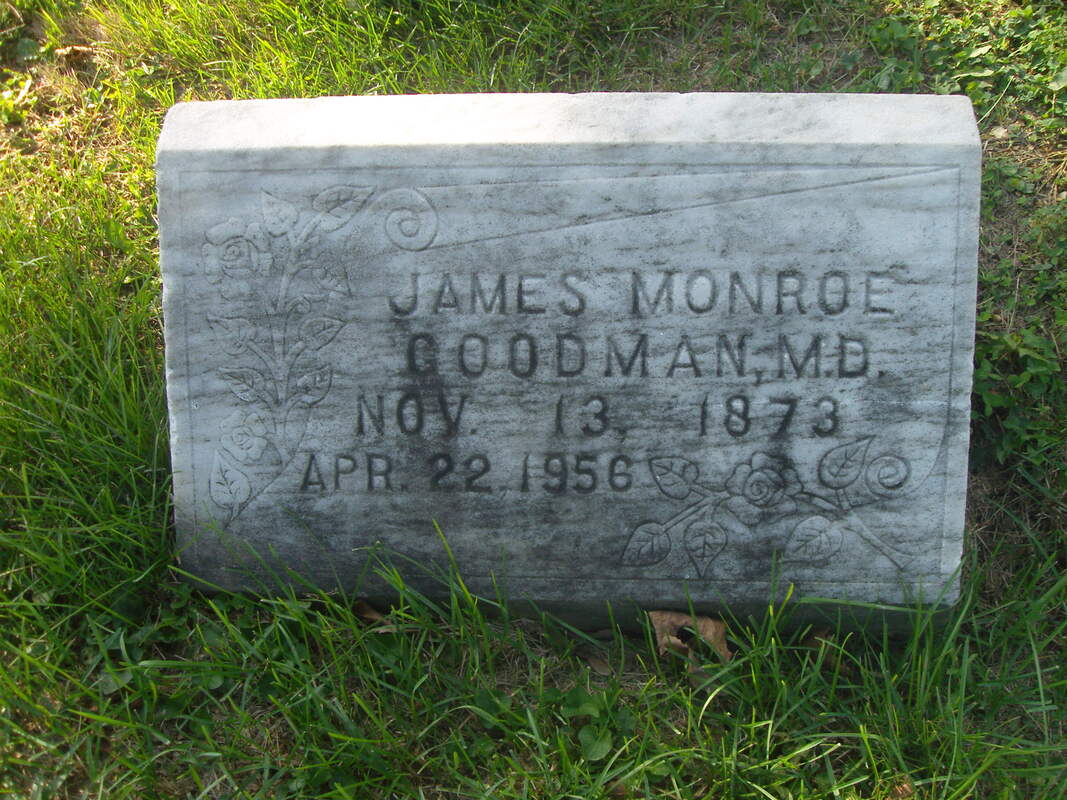
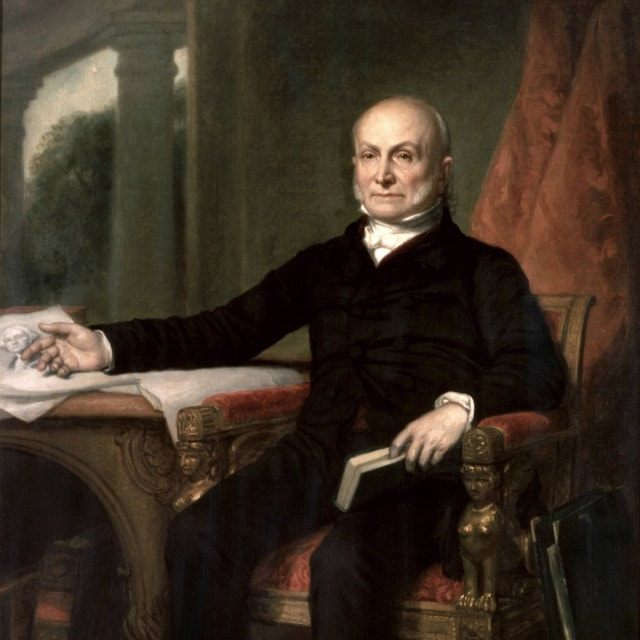
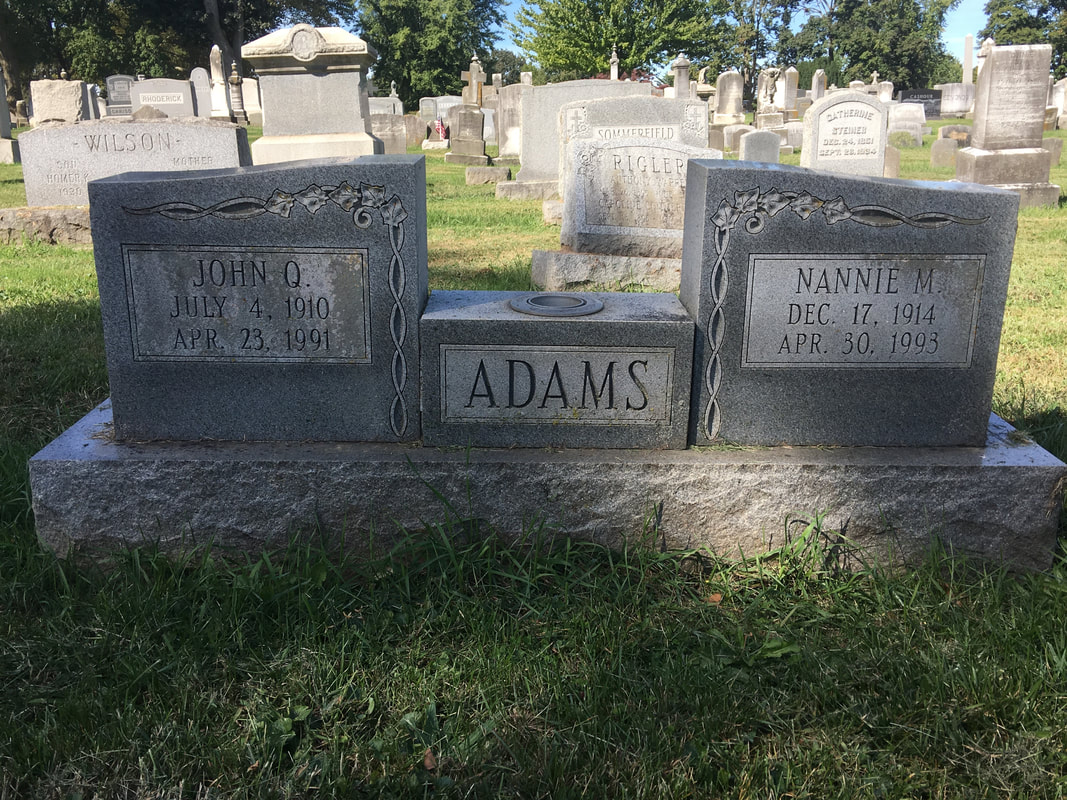
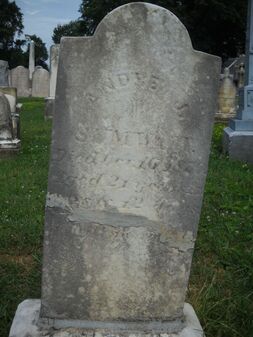
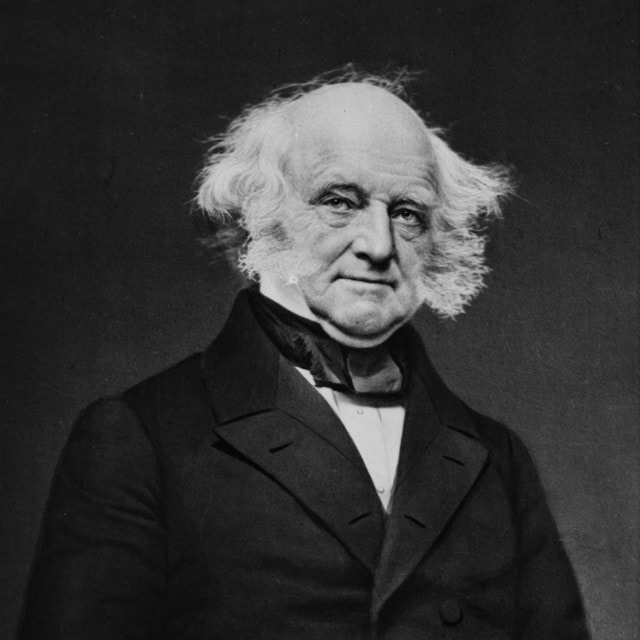
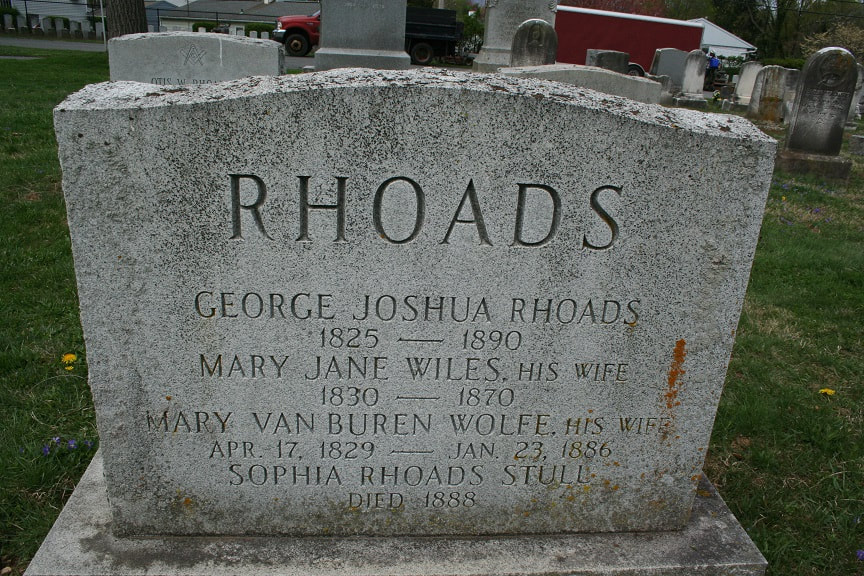
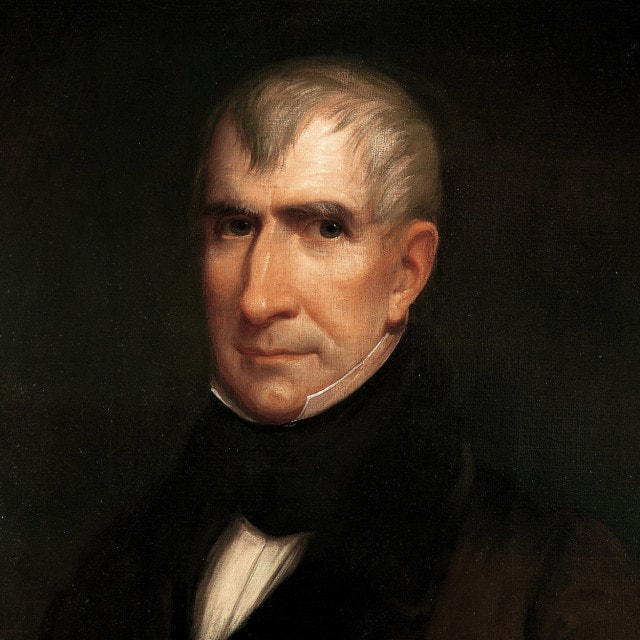
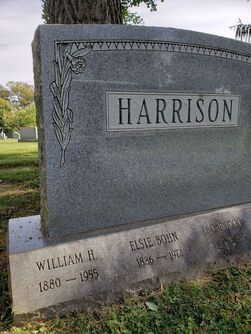
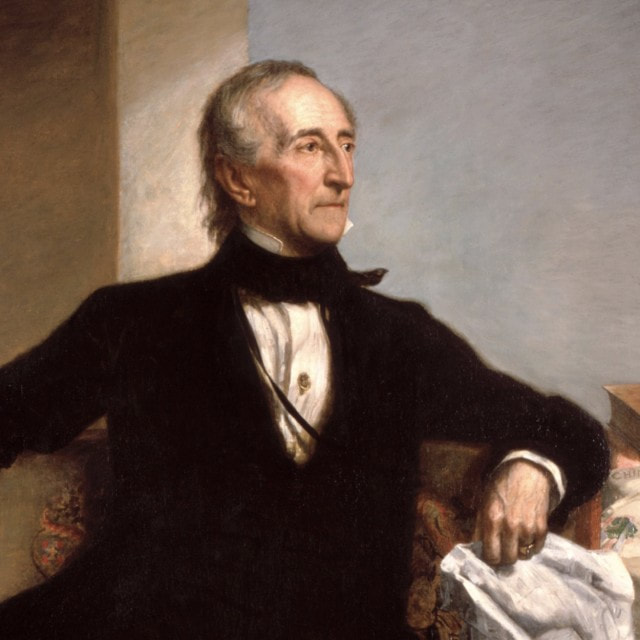
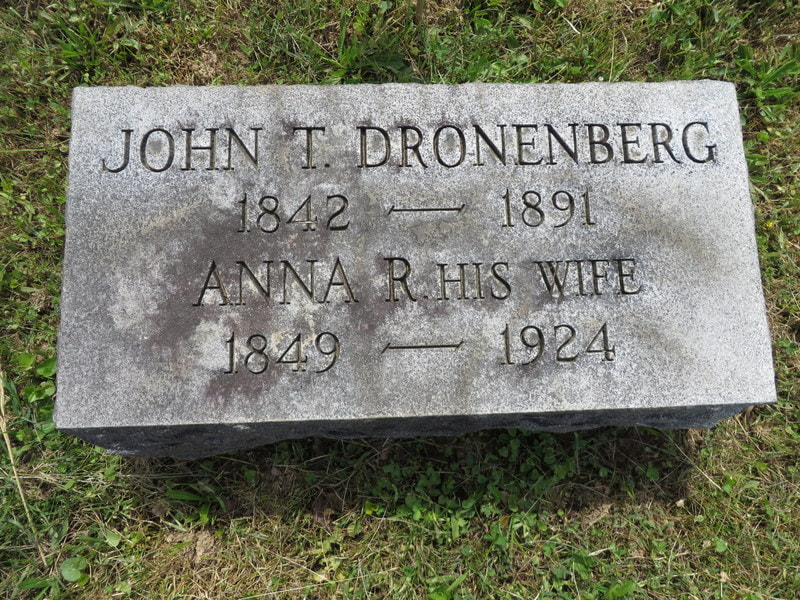
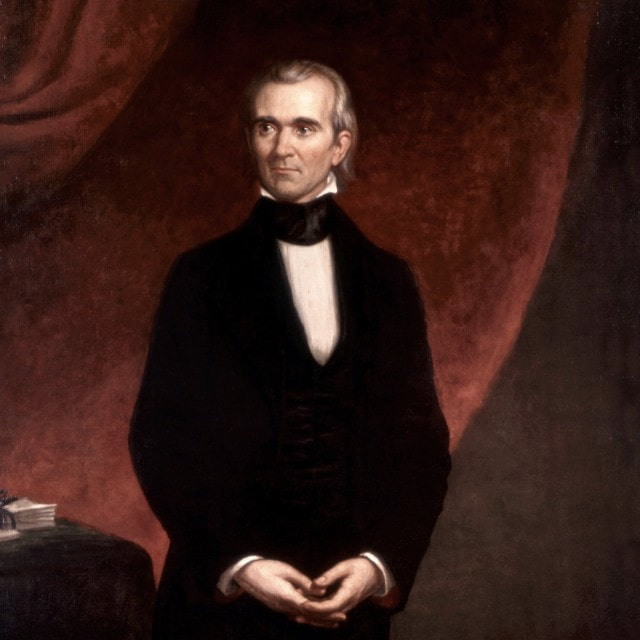
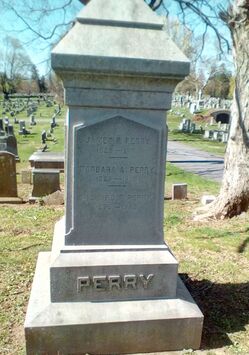
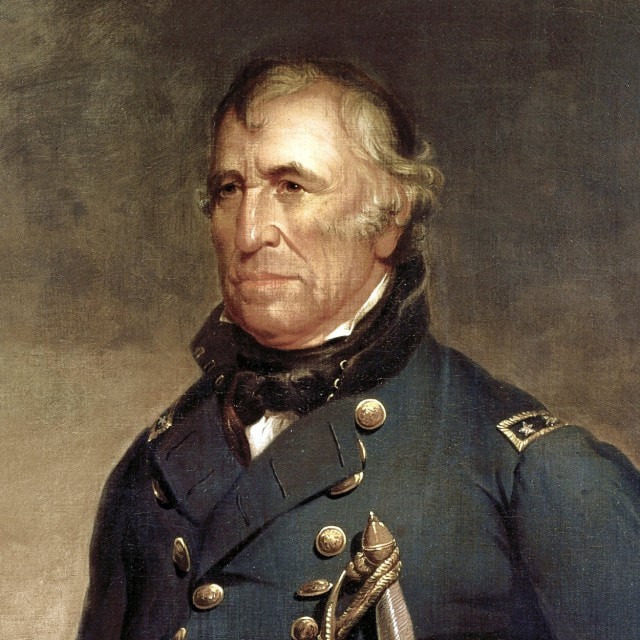

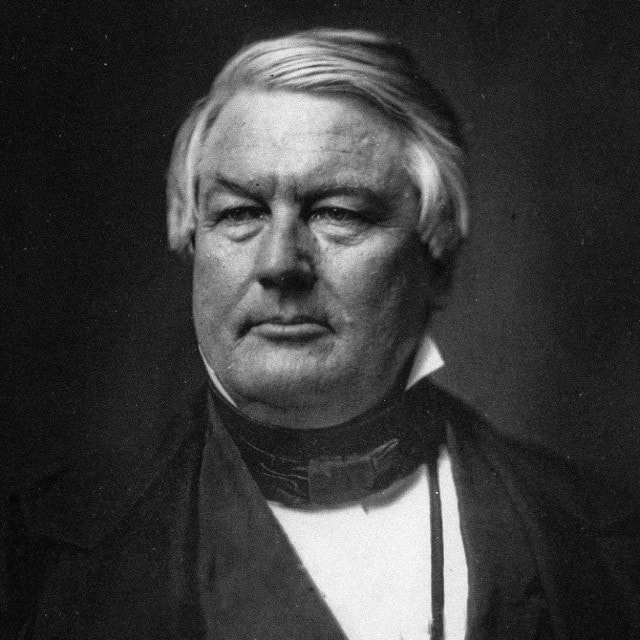
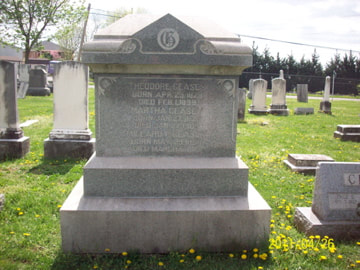
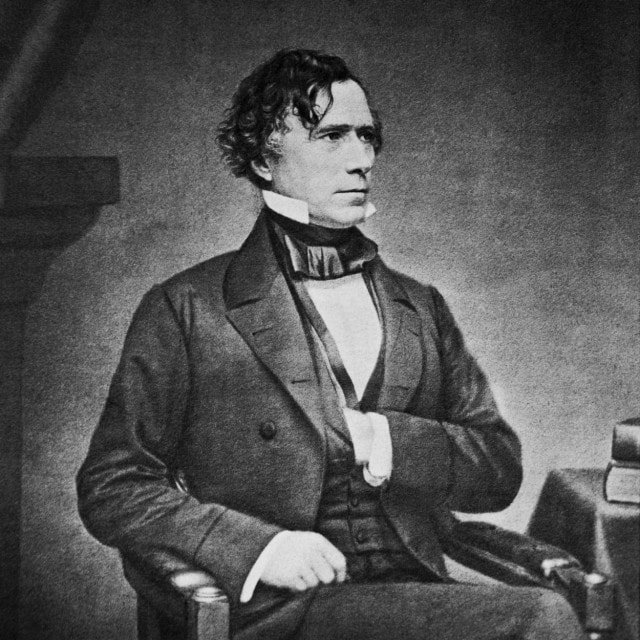
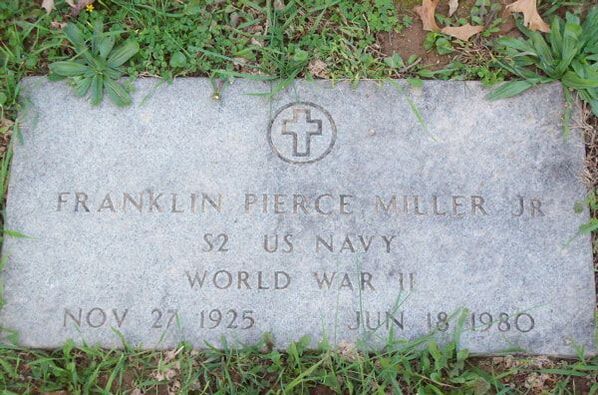
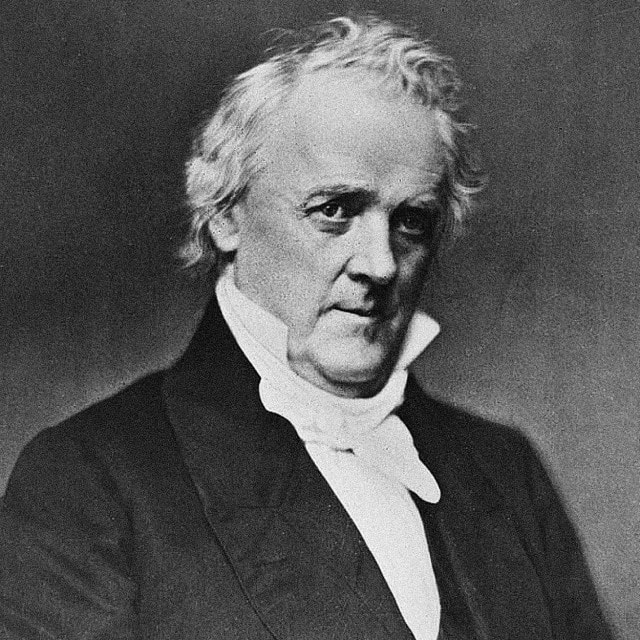
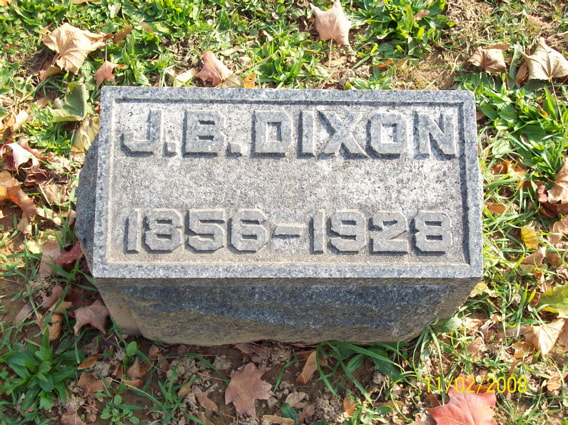
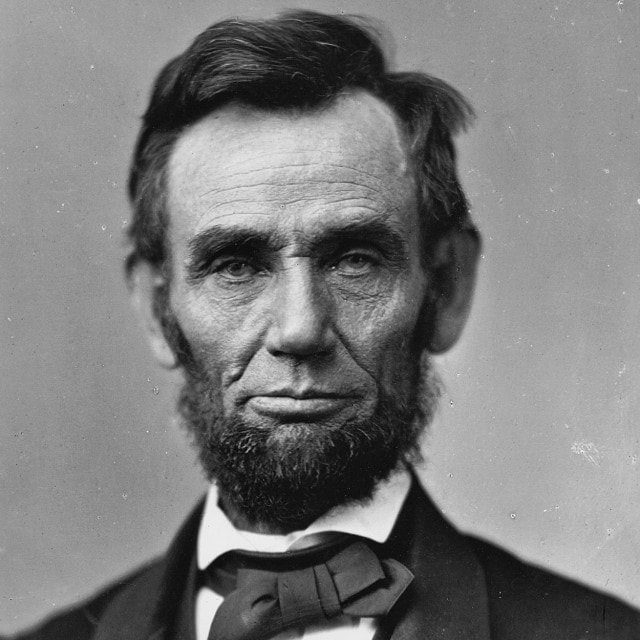
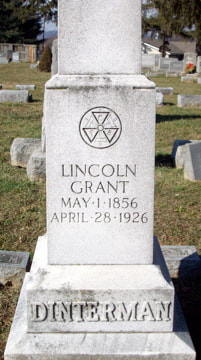
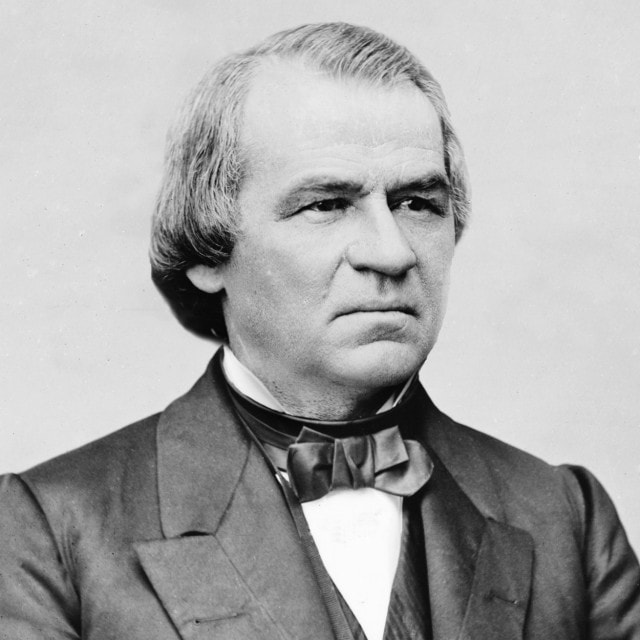
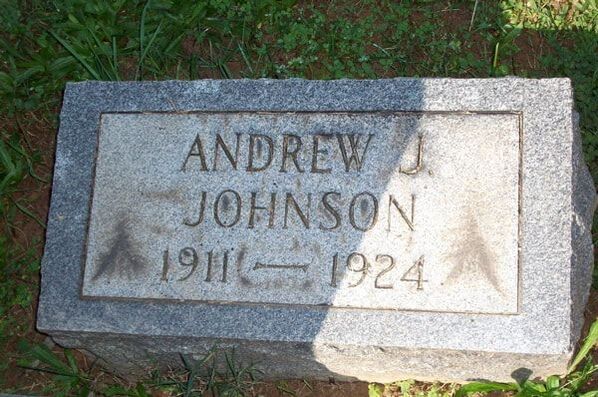
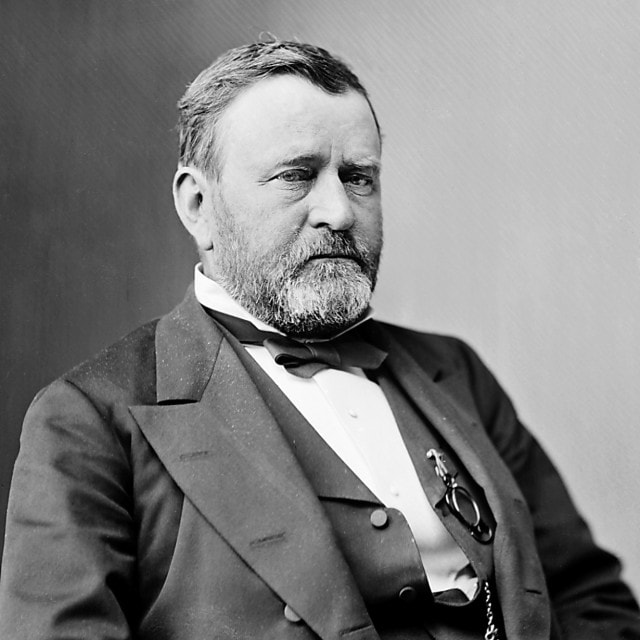
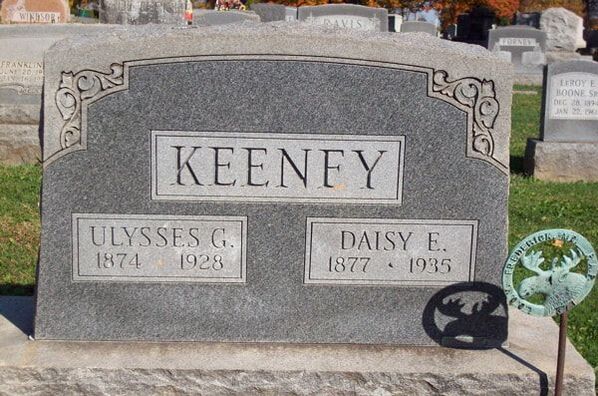
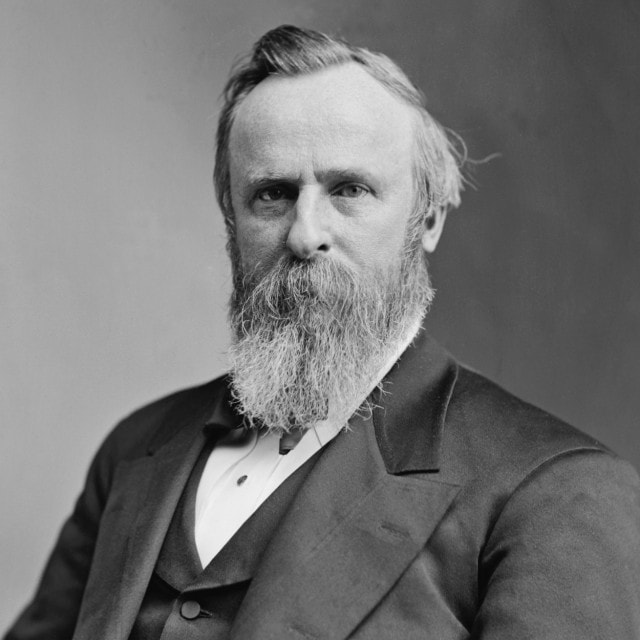
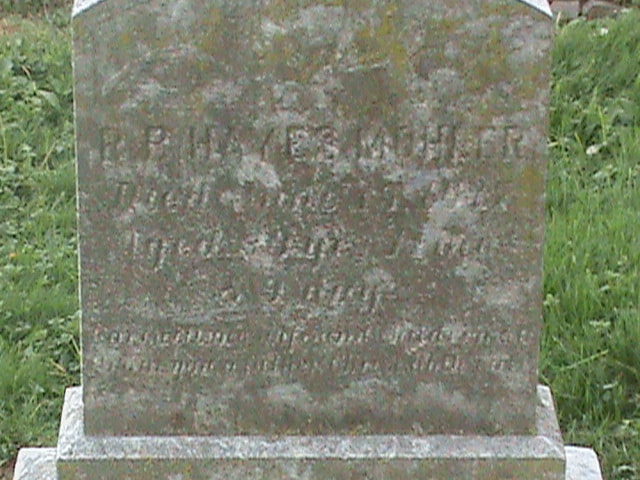
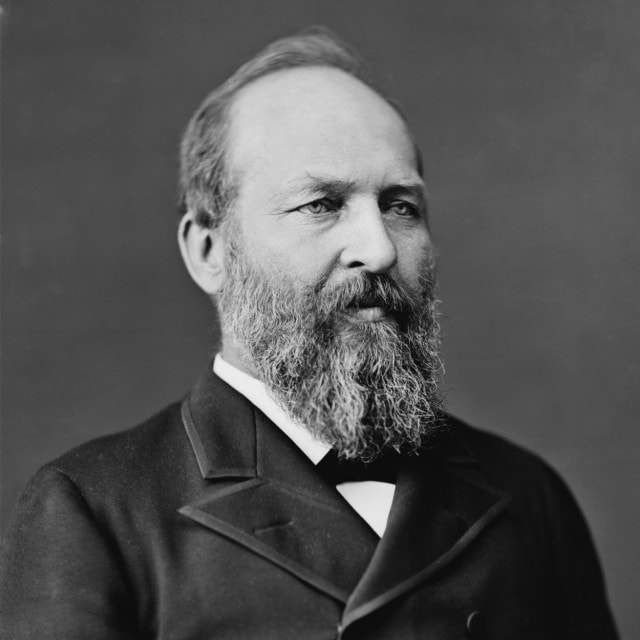
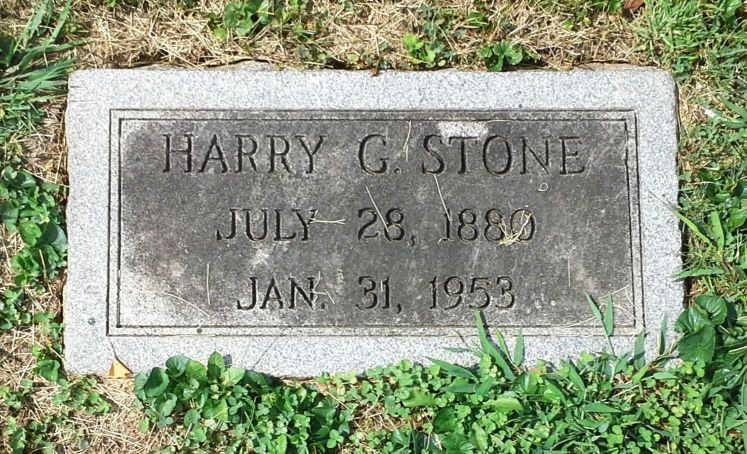
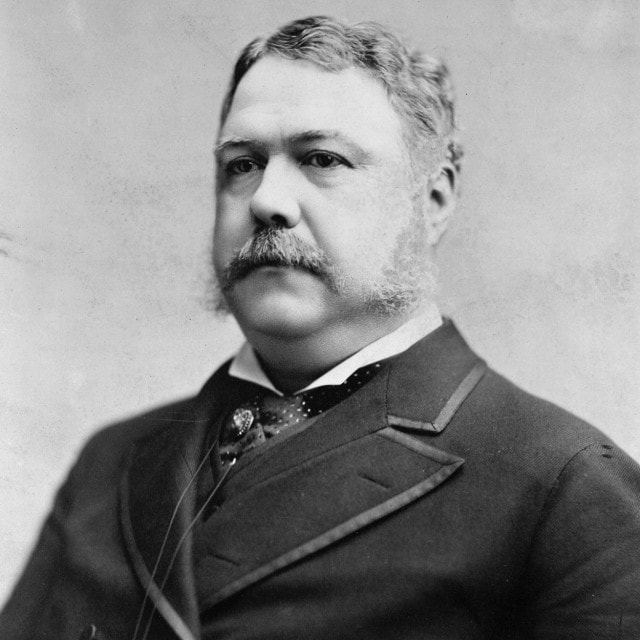
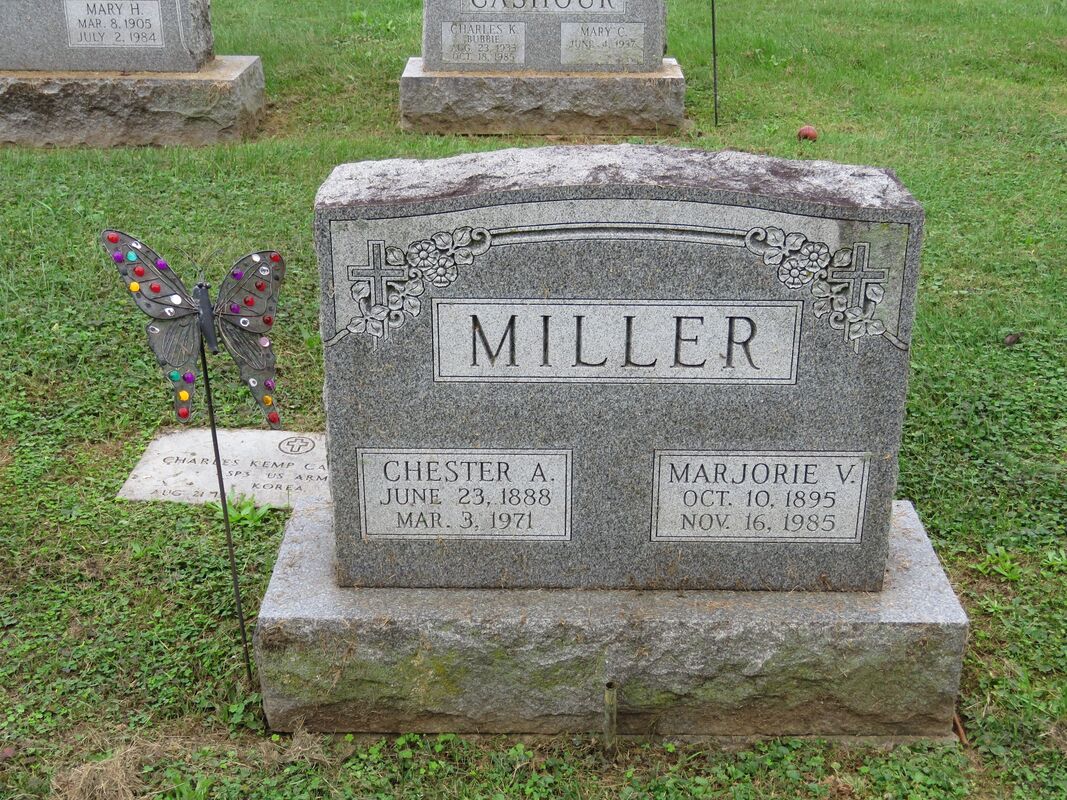
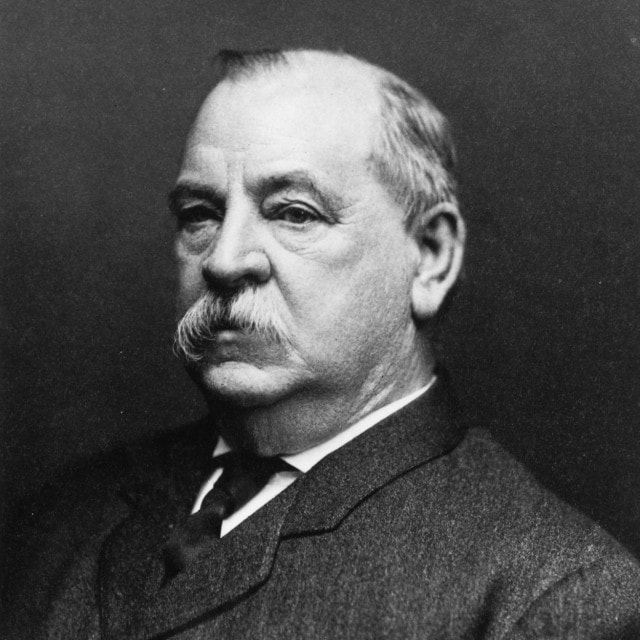
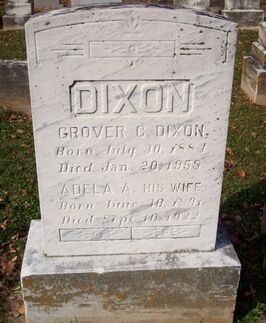
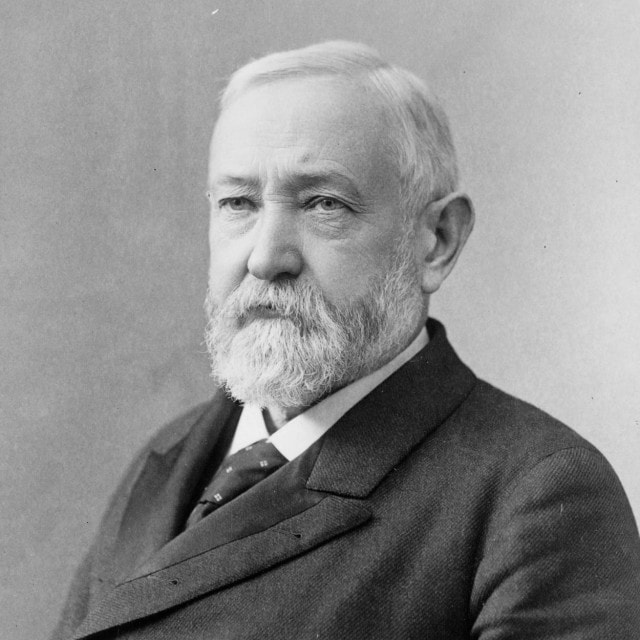
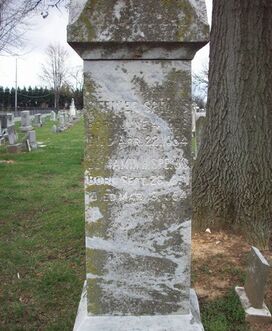
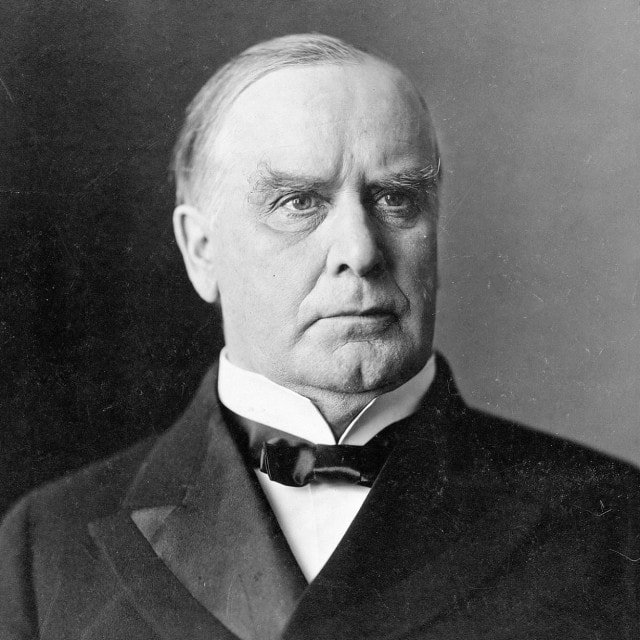
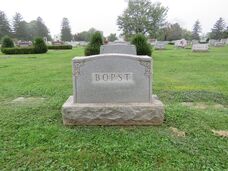
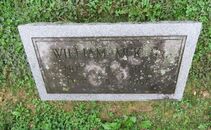
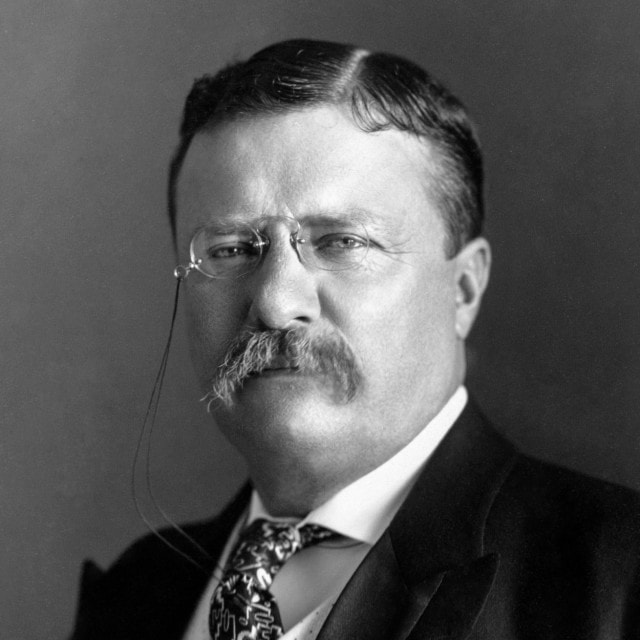
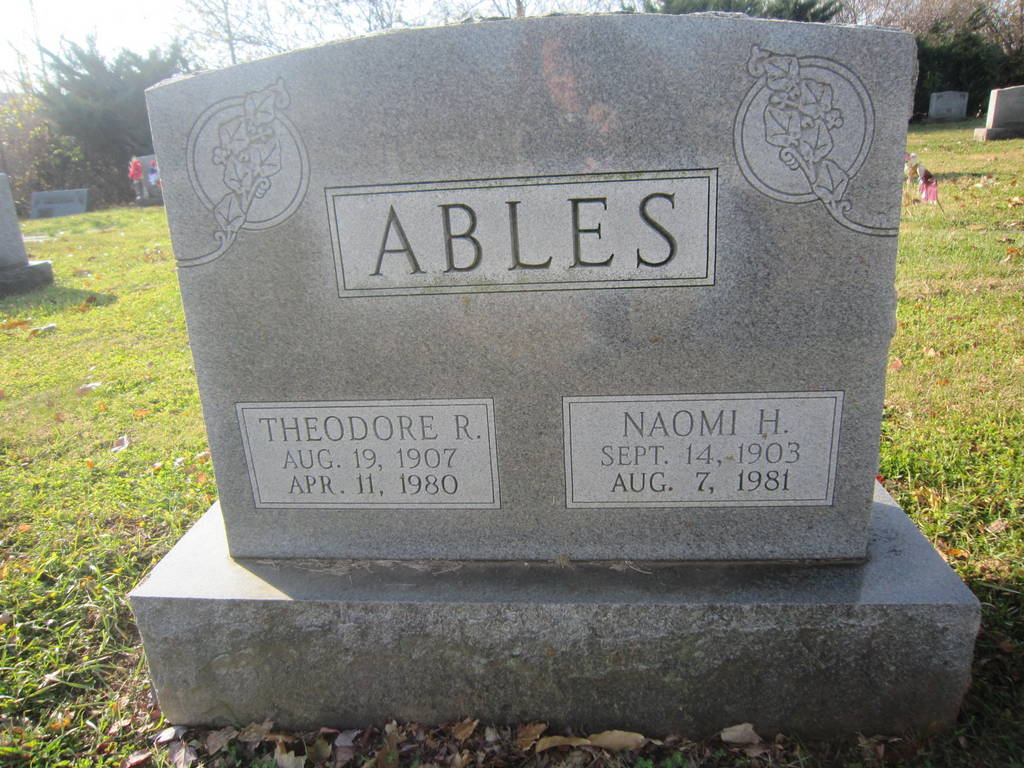
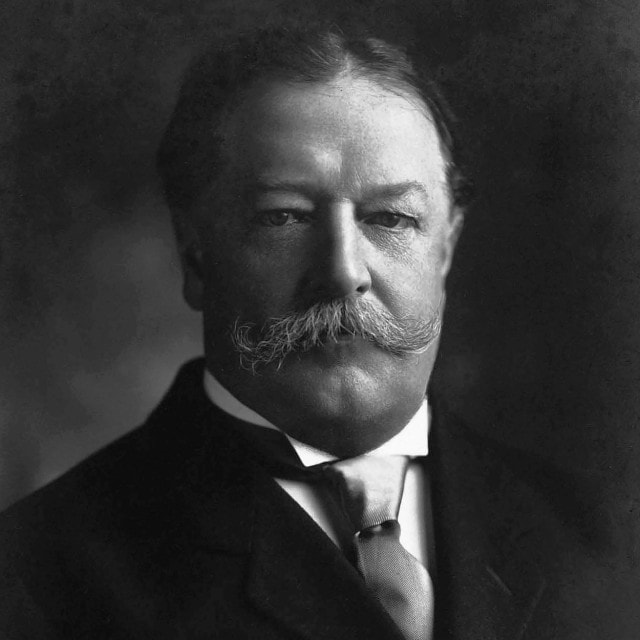
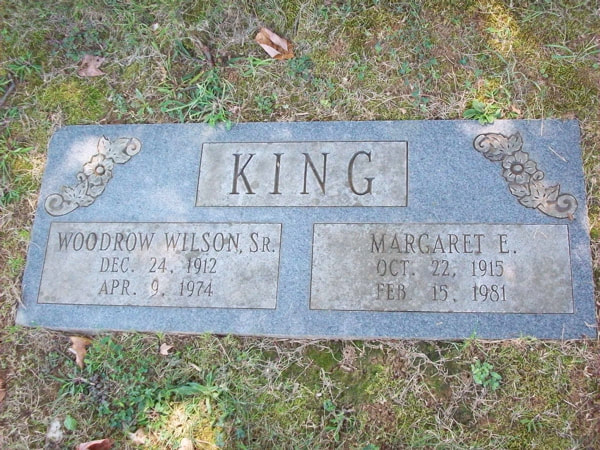
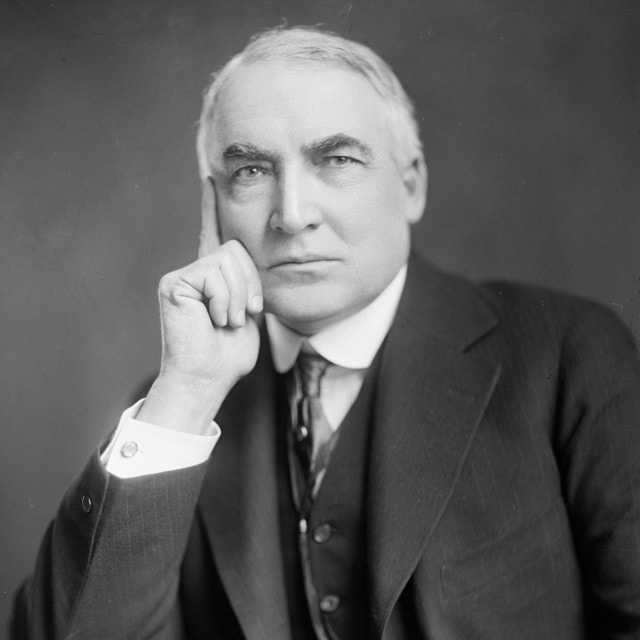
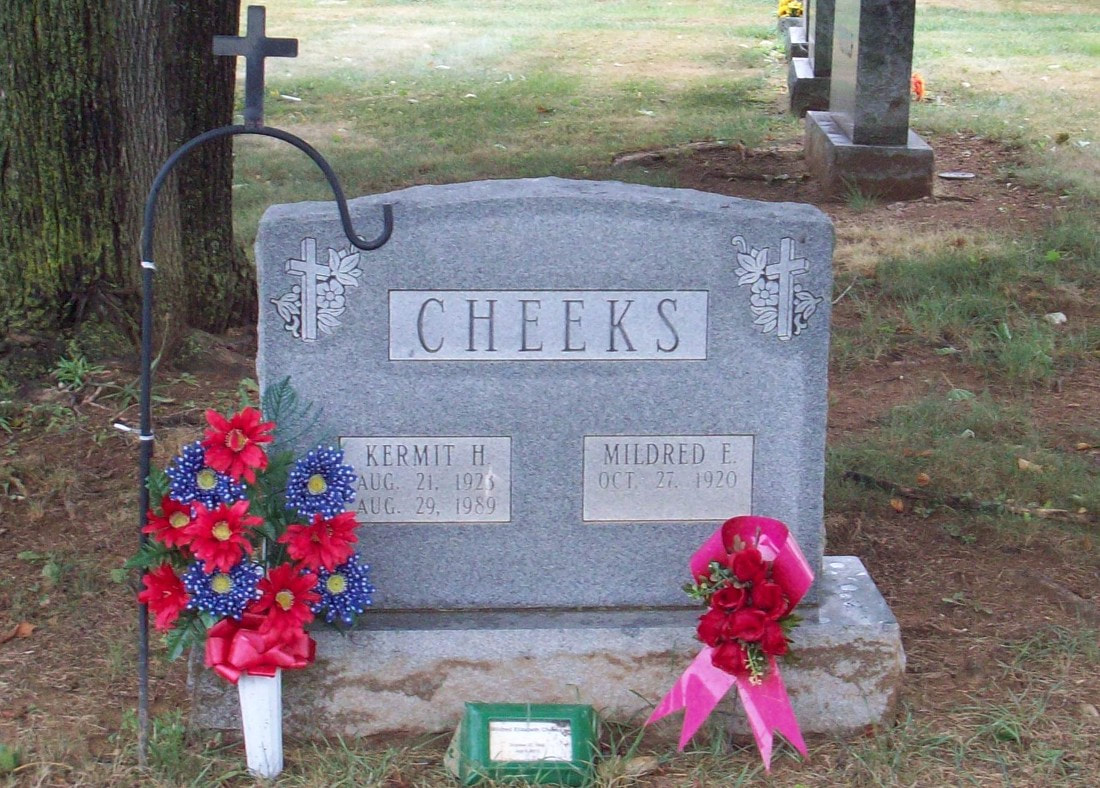
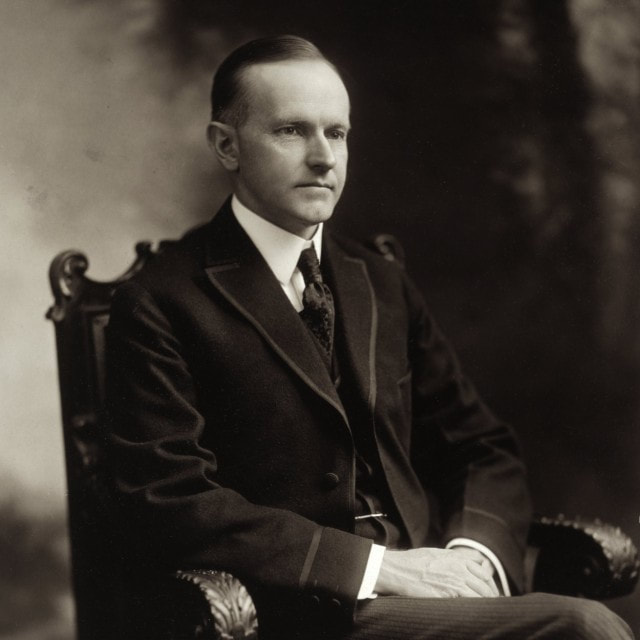
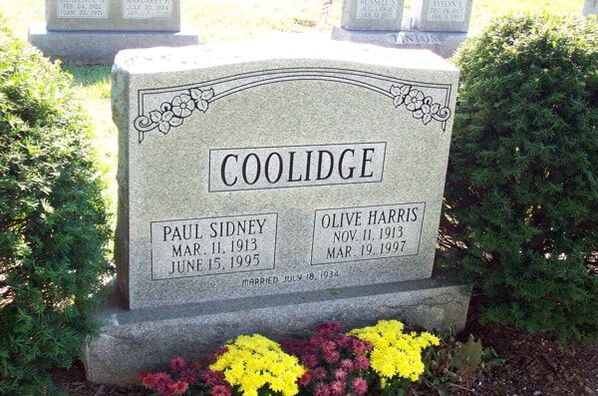
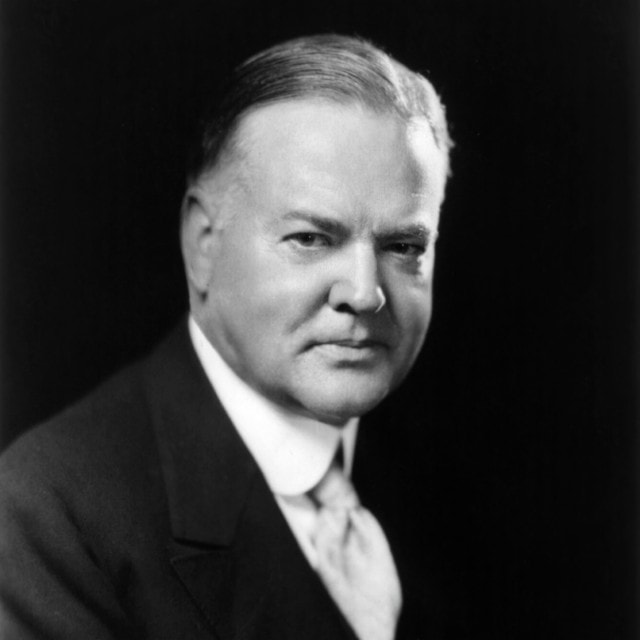
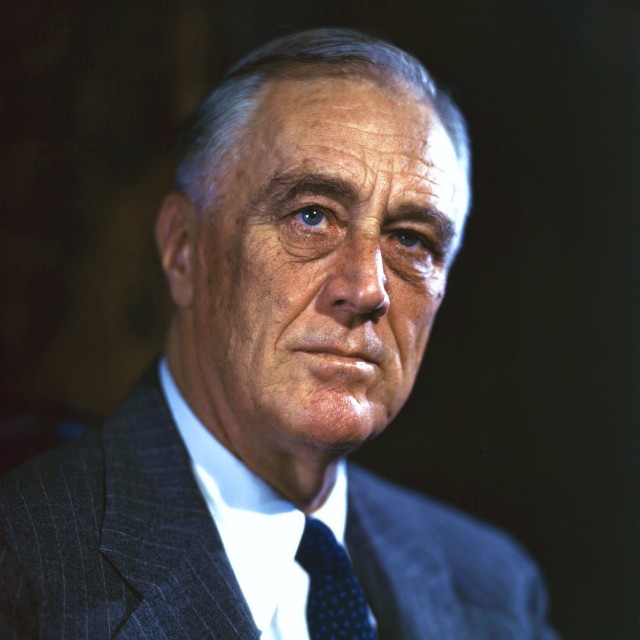
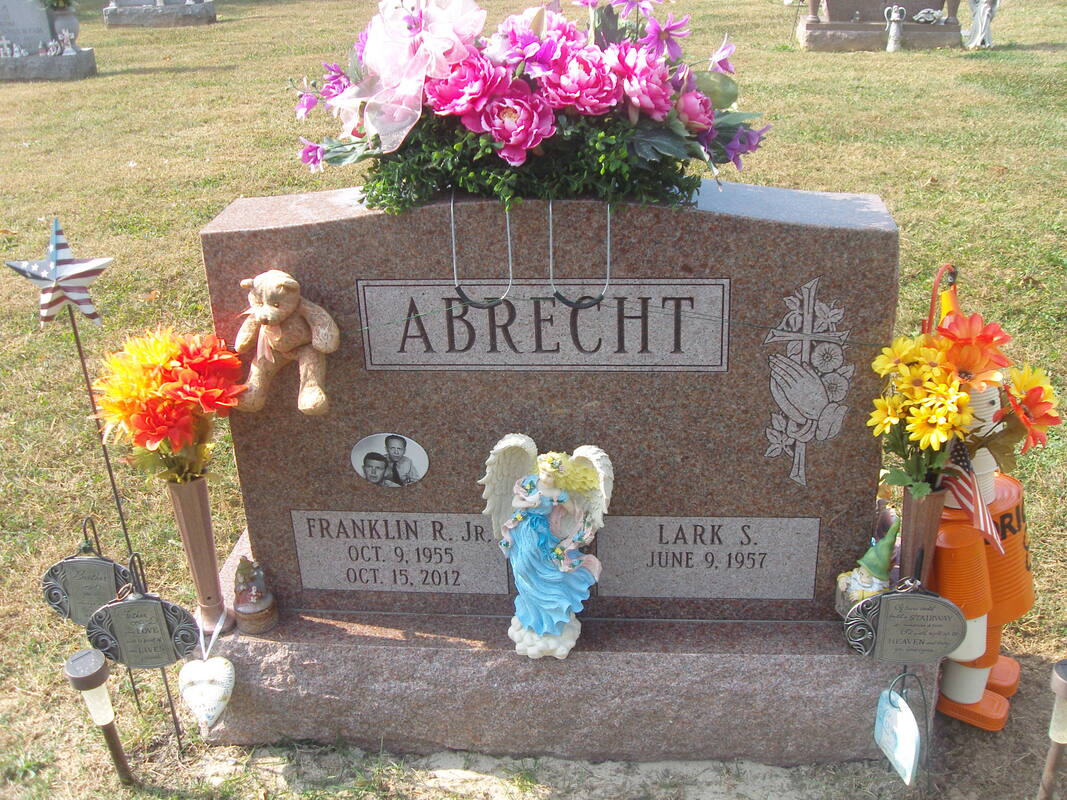
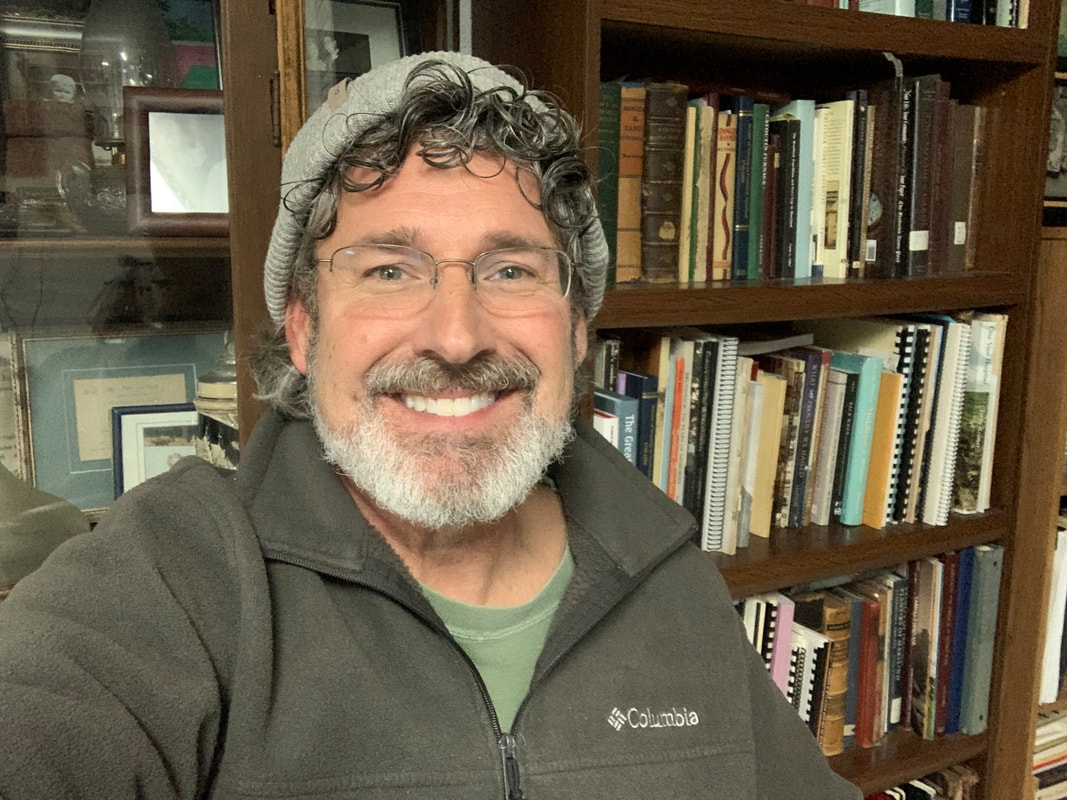
 RSS Feed
RSS Feed